Vulnerability Assessment and Penetration Testing (VAPT) is a core cybersecurity measure that helps businesses uncover security gaps before attackers do.
However, choosing the right VAPT provider is just as important as conducting the test itself. Not all vendors offer the same level of expertise, security methodologies, or post-test support.
A poor choice of vendor can result in incomplete security assessments, compliance failures, and unresolved vulnerabilities—leaving your business just as exposed as before. If you're in the process of selecting a penetration testing company, here are five key factors you must consider.
Choosing the right Peneteration Company or a VAPT Service Provider
1. Security Capabilities: Do They Offer Real-World Testing or Just Automated Scans?
A true security partner does more than just run automated scans and generate reports—they think like hackers and actively simulate cyberattacks to expose real security risks.
What to Look For:
- Manual Testing Expertise: Automated scanners can identify common vulnerabilities, but manual testing uncovers complex logic flaws, chained exploits, and zero-day vulnerabilities that scanners miss.
- Ethical Hacking Approach: The provider should have a team of experienced penetration testers with real-world hacking experience, preferably with certifications like OSCP, CEH, GPEN, or CREST.
- Advanced Testing Techniques: Look for AI-driven attack simulations, Red Teaming, and adversary emulation techniques to simulate sophisticated attack strategies used by real-world cybercriminals.
- Alignment with Industry Standards: The provider should follow globally recognized security frameworks like OWASP, NIST, MITRE ATT&CK, and PTES to ensure structured and effective testing.
Why This Matters:
An incomplete penetration test can create a false sense of security, making organizations believe they are secure when critical gaps remain undetected. Without manual exploitation testing and human intelligence, your security defenses may be weaker than you think.
Example: A fintech company handling online payments should ensure the vendor specializes in payment security testing, with experience in PCI DSS compliance, API security, and transaction fraud prevention.
2. Post-Testing Support & Continuous Security Maintenance
Security testing shouldn’t end with just a report. The best VAPT providers work closely with your internal teams to ensure vulnerabilities are fixed properly and that security improves over time.
What to Look For:
- Comprehensive Reporting: The test report should not just list vulnerabilities—it should include exploitability proof, real-world risk analysis, and step-by-step remediation guidance.
- Remediation & Retesting Services: A good VAPT provider offers support to fix vulnerabilities and conducts retesting to ensure the issues are resolved.
- Security Awareness Training: Choose a vendor that can train your team on best security practices to help prevent future security lapses.
- Continuous Monitoring & Threat Intelligence: Some vendors provide continuous attack surface monitoring to alert you of emerging threats beyond a single penetration test.
Why This Matters:
Finding vulnerabilities is just half the battle—fixing them properly is what makes your business truly secure. Many companies suffer data breaches even after a penetration test because they fail to fix security gaps the right way.
Example: A SaaS company conducting a pentest finds API security flaws that could allow unauthorized data access. Without proper guidance and retesting, developers might only patch the surface issue, leaving the underlying exploit still possible.
3. Scalability & Flexibility: Can They Grow With Your Business?
Cyber threats evolve constantly, and so should your security testing. Your chosen VAPT vendor must be able to adapt to your business needs—whether you're a startup securing your first cloud application or a global enterprise requiring continuous pentesting.
What to Look For:
- Multi-Platform Testing Expertise: Ensure they can test web apps, cloud infrastructure, APIs, mobile apps, networks, and IoT devices based on your organization's tech stack.
- Customizable Testing Models: Some organizations need point-in-time penetration tests, while others require Red Teaming simulations or continuous pentesting. Choose a provider that offers both flexibility and scalability.
- DevSecOps Integration: Look for vendors that can embed security testing into your CI/CD pipeline, providing automated security checks before software updates are deployed.
- Cloud & Hybrid Security Testing: As more businesses move to cloud-based systems, ensure your VAPT provider is proficient in AWS, Azure, Google Cloud, and hybrid cloud security testing.
Why This Matters:
Many organizations outgrow their security providers because they fail to scale as business complexity increases. A vendor that can’t keep up with your technology and attack surface will leave you vulnerable to new and advanced cyber threats.
Example: A growing e-commerce company needs a vendor that can conduct multi-cloud penetration testing across AWS and GCP, while also ensuring their payment gateways are secure from fraud attacks.
4. Industry-Specific Experience & Regulatory Compliance Expertise
A generalist cybersecurity vendor may not understand the unique risks of your industry. Choose a VAPT company with sector-specific experience, ensuring they can address your industry’s unique security and compliance challenges.
What to Look For:
- Industry-Specific Testing – The vendor should have experience working with businesses in finance, healthcare, SaaS, government, retail, or critical infrastructure.
- Compliance-Focused Pentesting – If you need to comply with SOC2, ISO 27001, PCI DSS, HIPAA, or GDPR, ensure the vendor understands compliance-driven security assessments.
- Security Maturity Assessments – Some industries require advanced threat modeling, Red Teaming, or social engineering testing beyond standard pentesting.
Why This Matters:
A healthcare provider using outdated security controls may not know that new HIPAA guidelines require enhanced encryption and audit logging. A generic VAPT provider might overlook these nuances, putting patient data at risk.
Example: A payment processor working with major banks must ensure its vendor is proficient in PCI DSS compliance testing and understands financial fraud risks.
5. Pricing & ROI: Is It Cost-Effective?
Cybersecurity should be an investment, not an expense. The right VAPT provider should offer transparent pricing, risk-based prioritization, and a clear return on investment (ROI).
What to Look For:
- Transparent Pricing: Choose a vendor that offers clear pricing models with no hidden fees.
- Risk-Based Prioritization: A good VAPT provider doesn’t just list all vulnerabilities—they prioritize findings based on real-world exploitability and business impact.
- Long-Term Value: Consider if the vendor offers continuous security monitoring or managed security services beyond a single pentest.
Why This Matters:
Some vendors charge premium rates for basic vulnerability scans—providing no real value. Others offer cheap, low-quality pentests that fail to find critical security gaps, leaving businesses exposed.
Example: A retail company with hundreds of e-commerce transactions per day should invest in penetration testing that actually prevents fraud, rather than a generic security scan.
Why Choose AppSecure for VAPT?
At AppSecure, we don’t just run tests—we think like attackers, ensuring businesses stay ahead of evolving cyber threats.
- Trusted by PayPal, LinkedIn, Reddit – Our team has identified vulnerabilities in some of the world’s biggest platforms.
- Real-World Attack Simulations – We go beyond checklists, using bug bounty-driven penetration testing to uncover zero-day exploits.
- Compliance & Advanced Security – From SOC2, ISO 27001, PCI DSS, HIPAA to Red Teaming & API Security, we provide end-to-end security solutions.
- Comprehensive Post-Test Support – Our team helps fix vulnerabilities, ensuring businesses implement security improvements effectively.
To conclude,
VAPT is not just about compliance—it’s about ensuring your business is truly secure. Choosing the right partner can mean the difference between preventing a data breach or becoming the next cyberattack headline.
Want to secure your business? Get in touch with AppSecure today.

Content Writer at Appsecure
.png)


.webp)

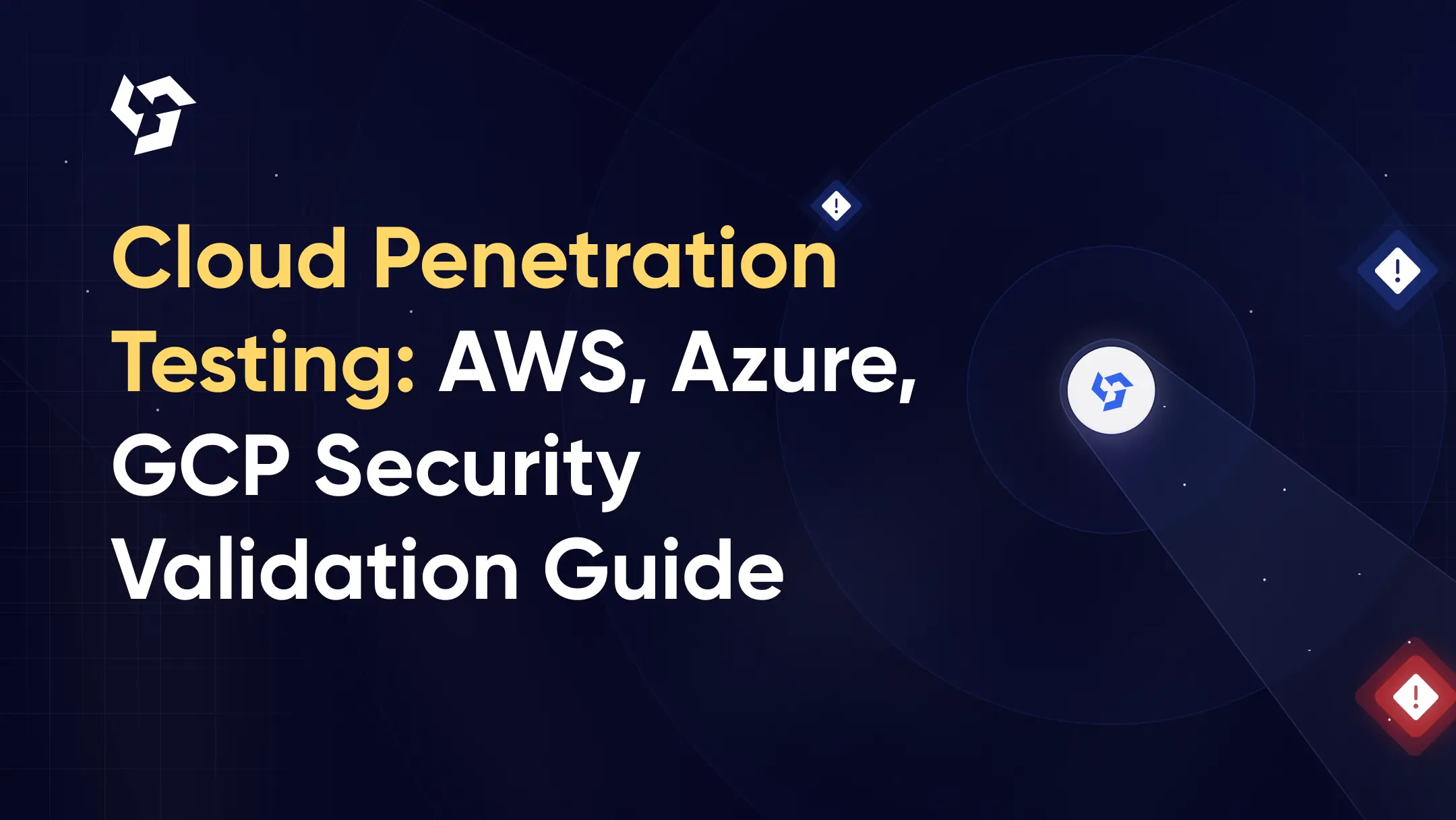
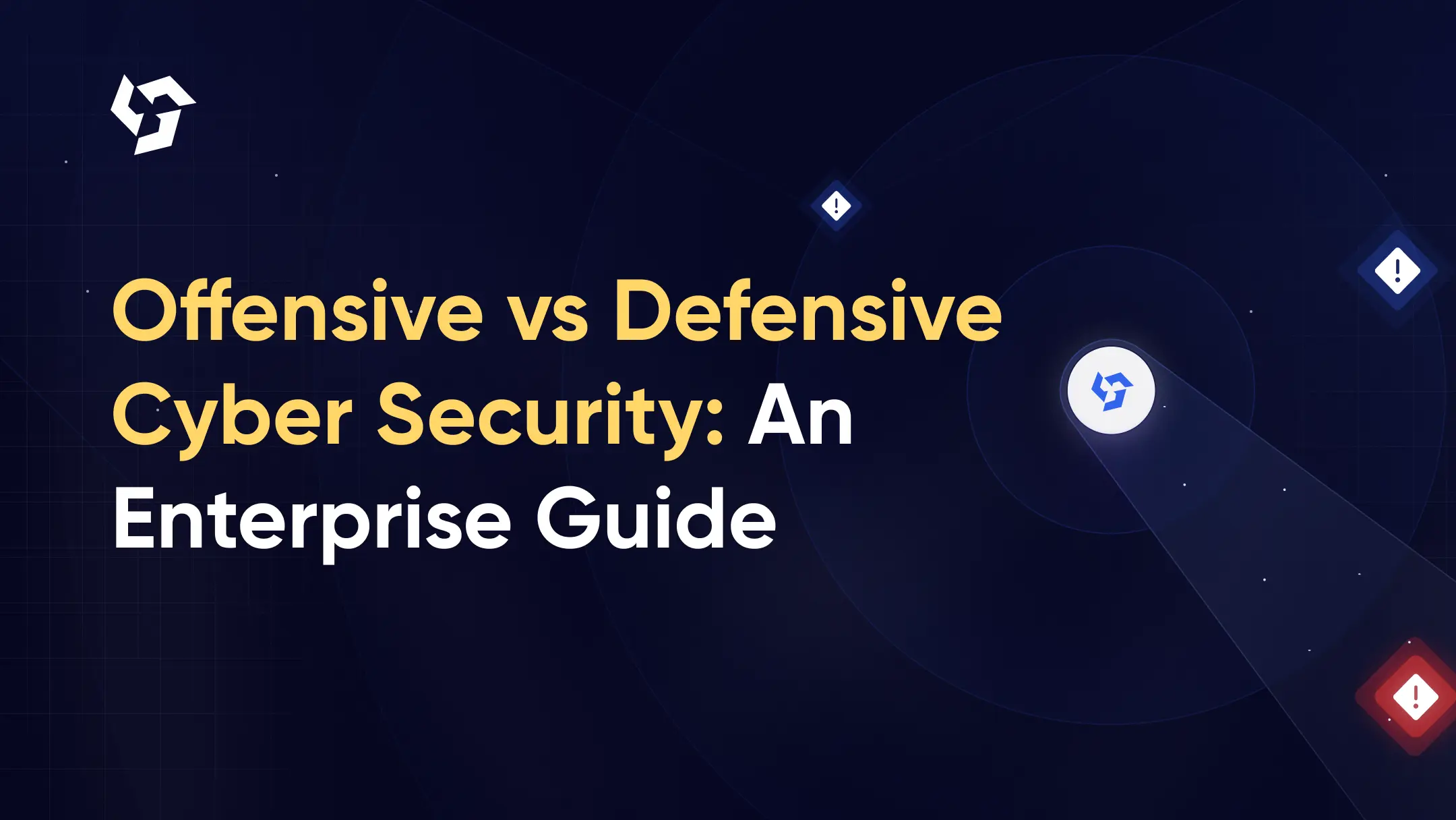
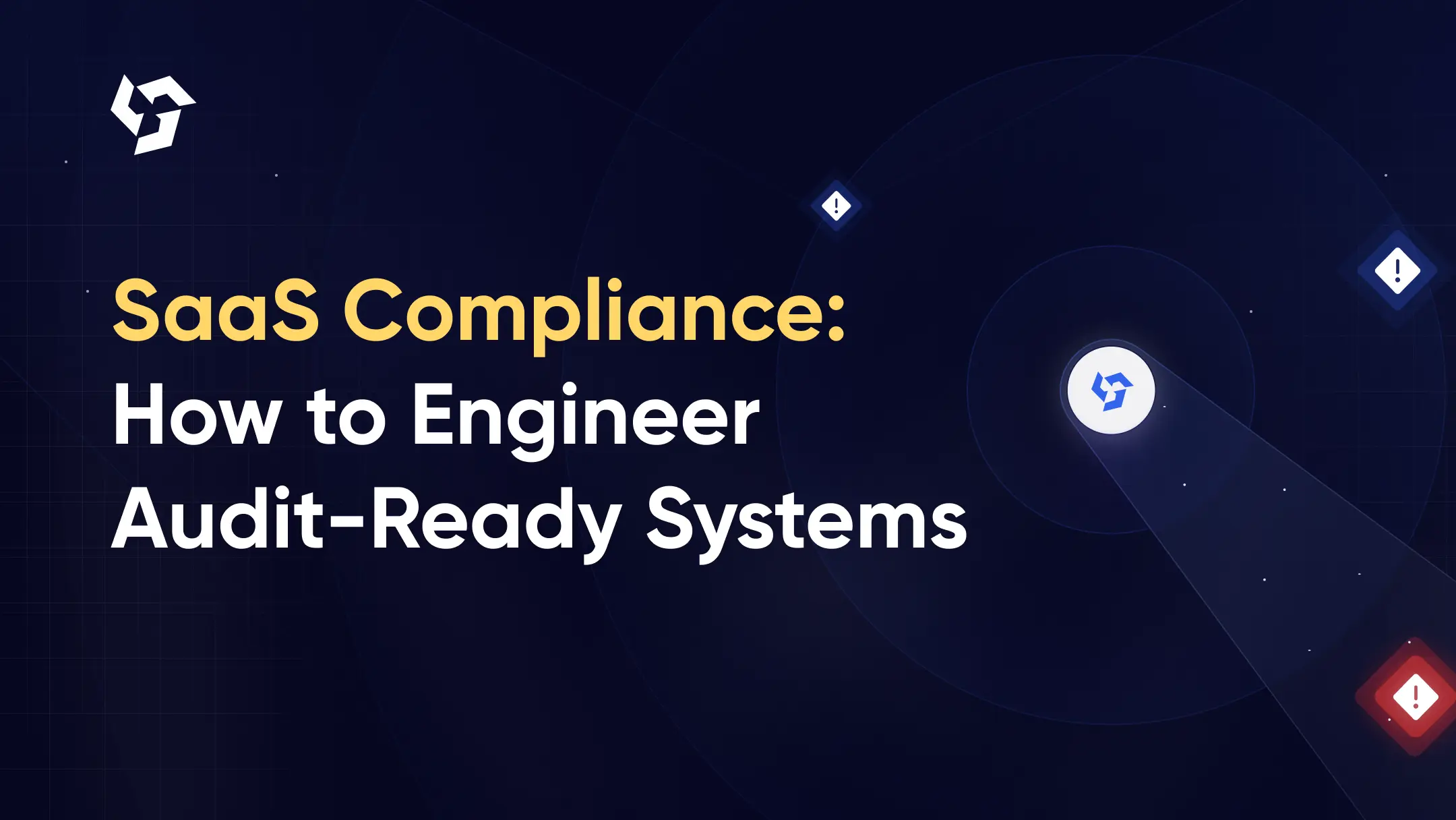

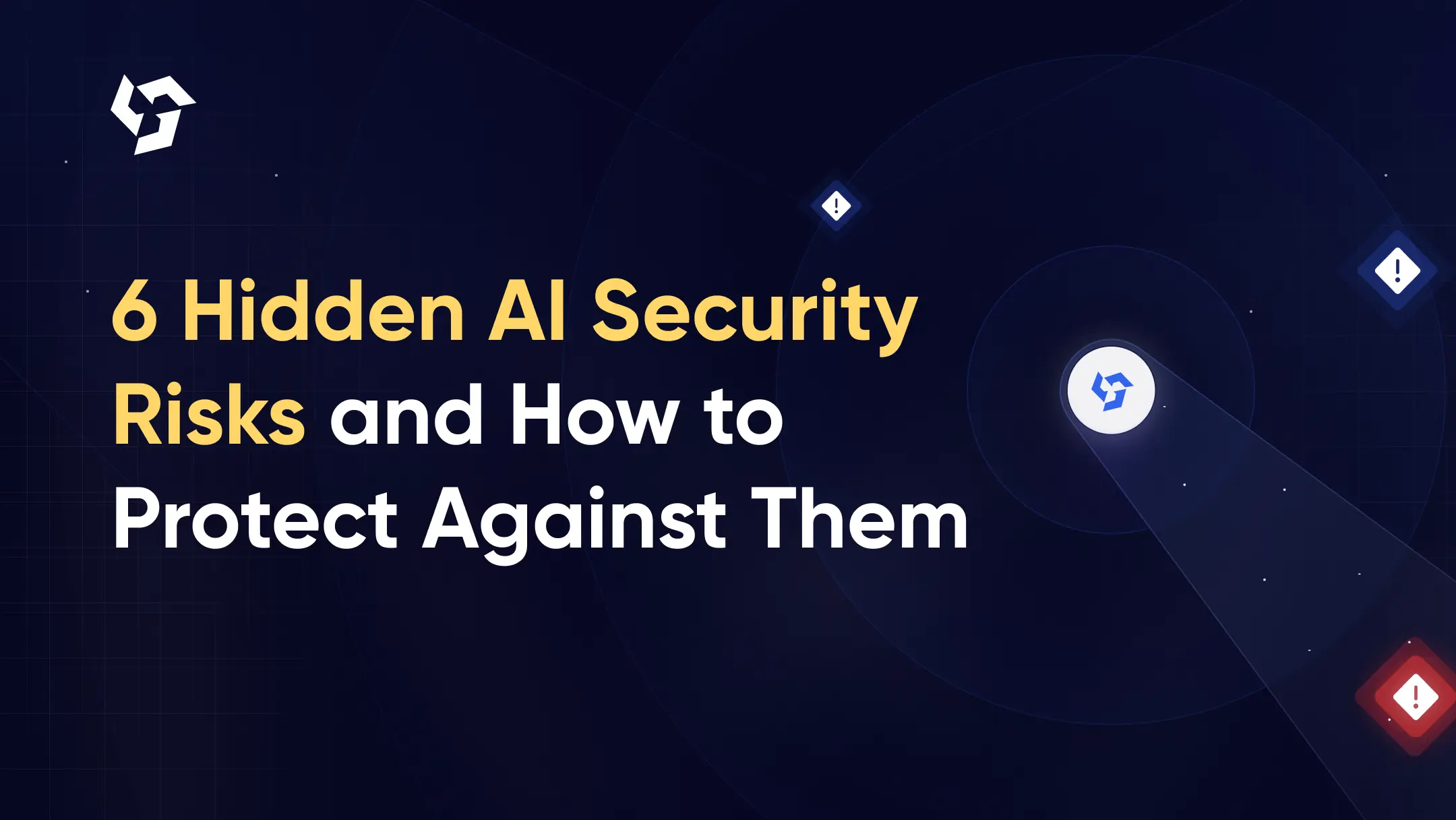
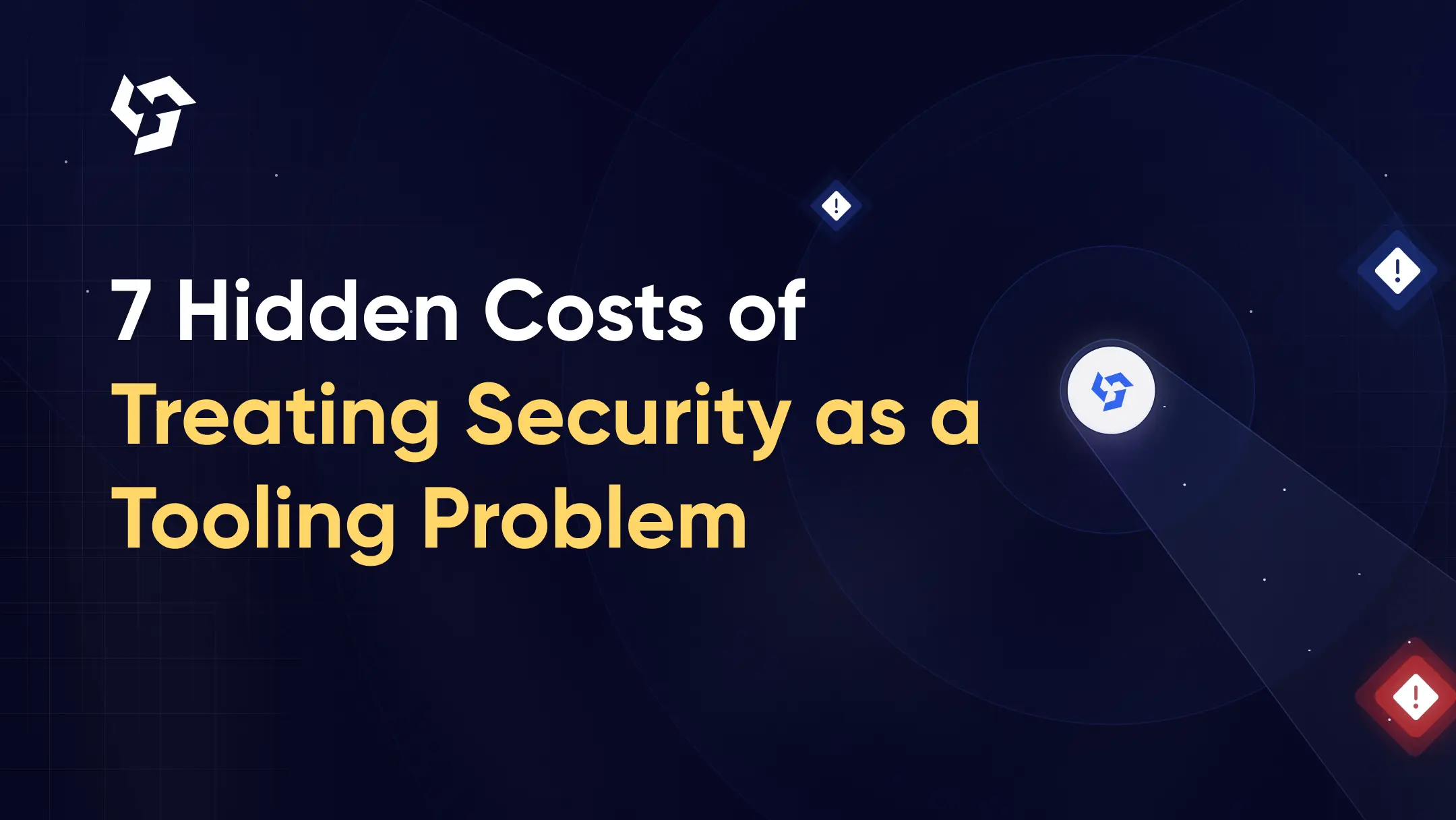
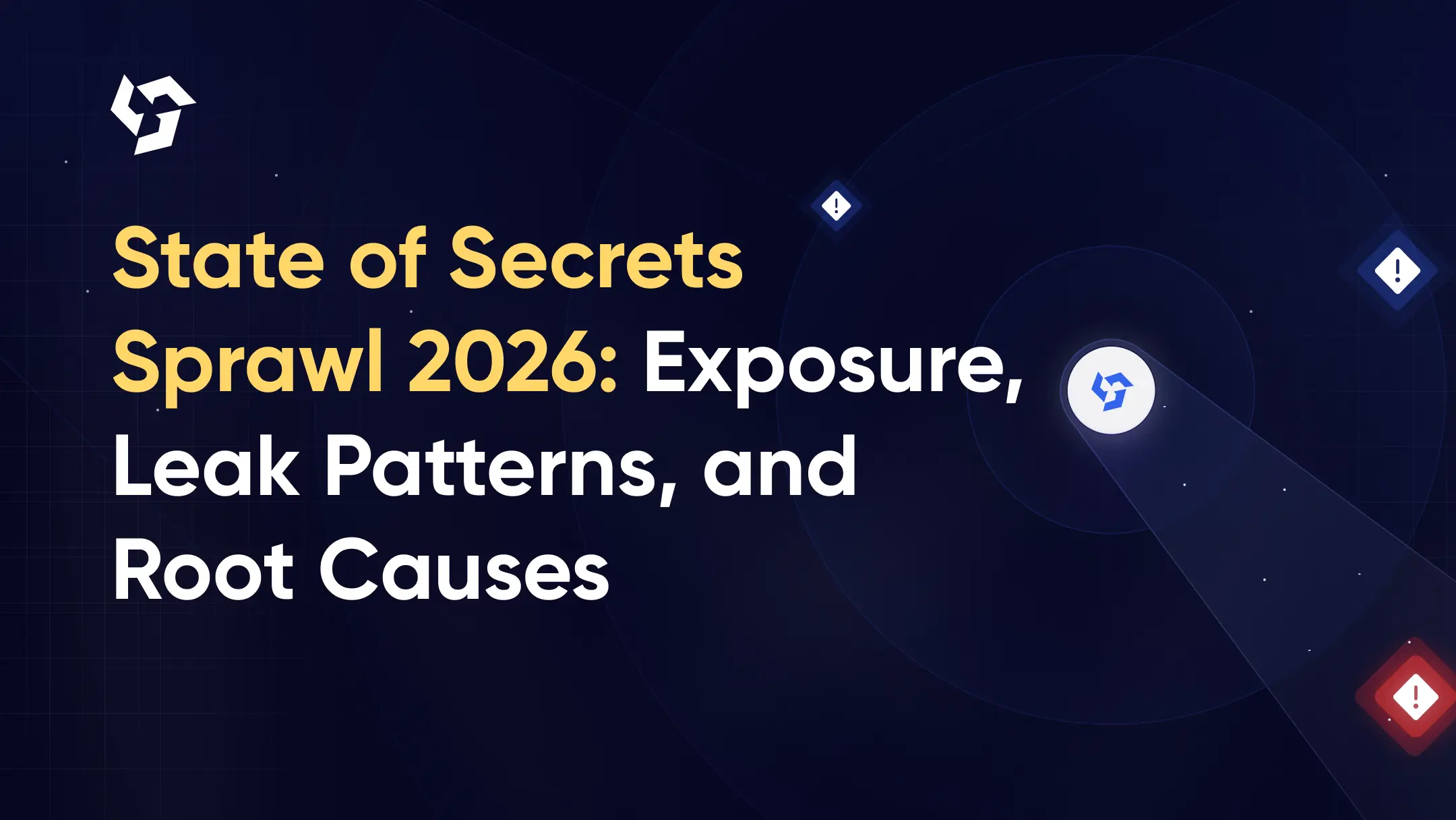
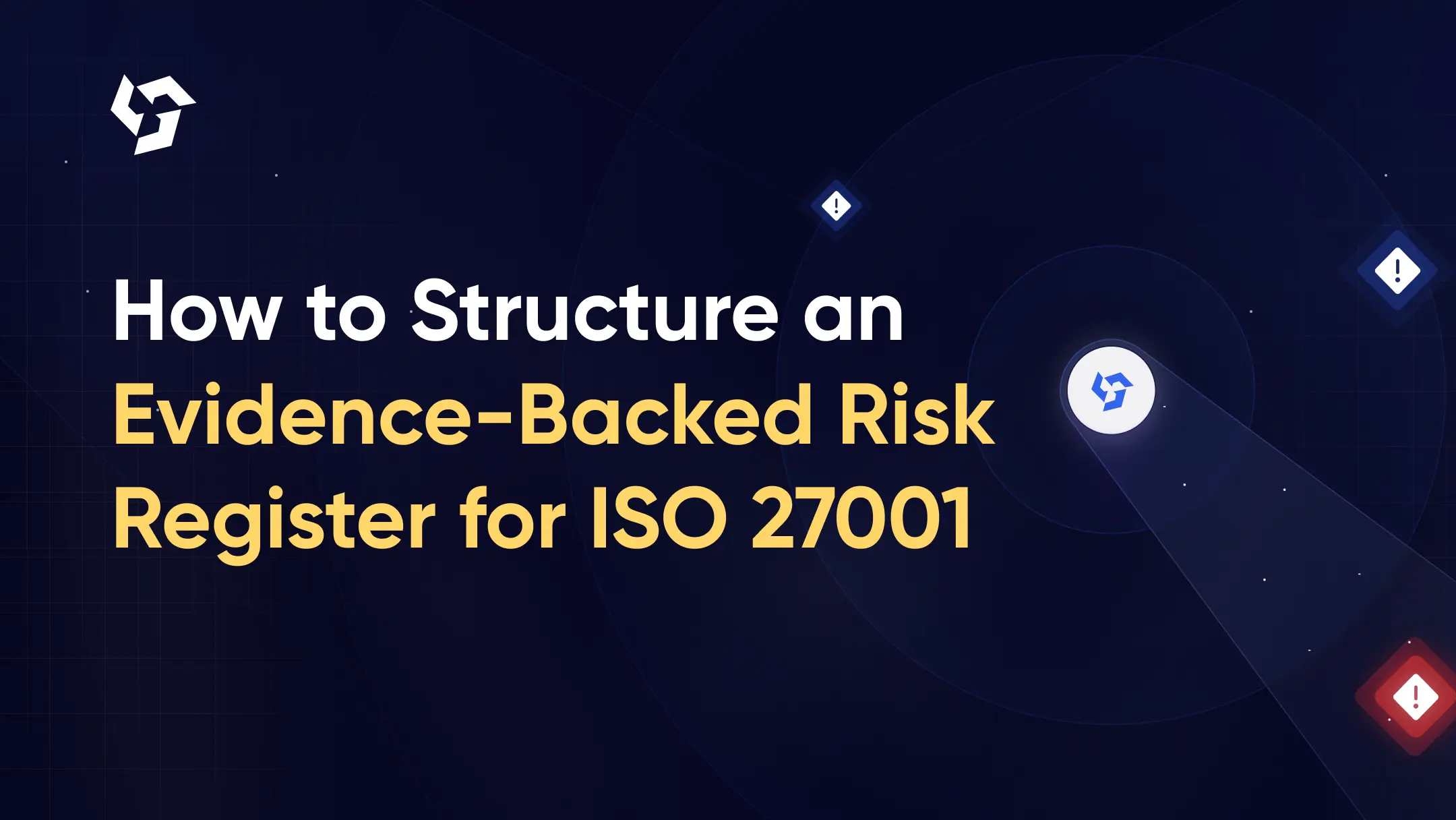
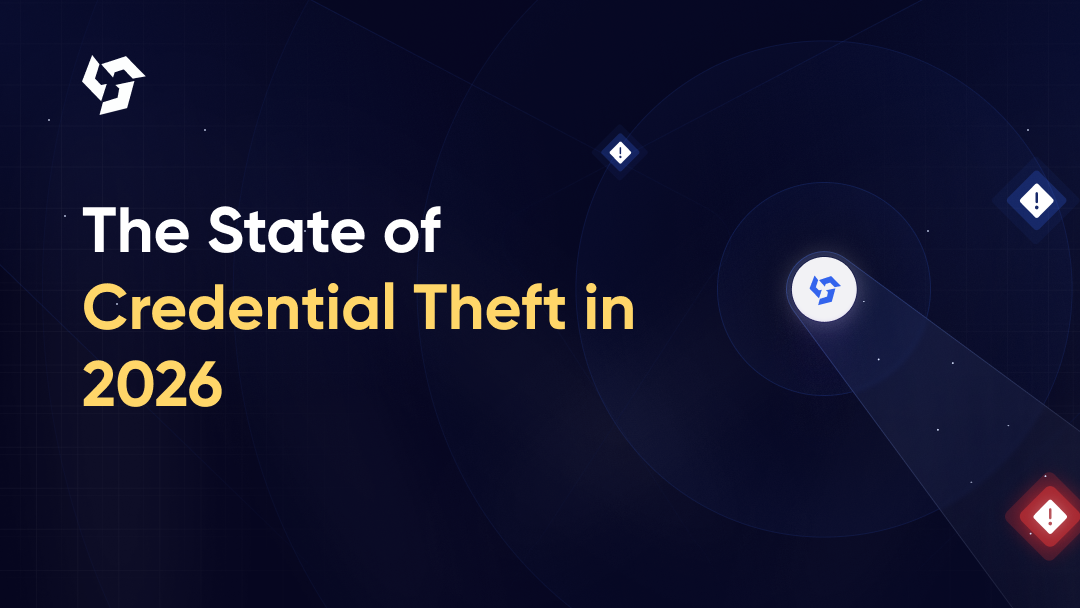

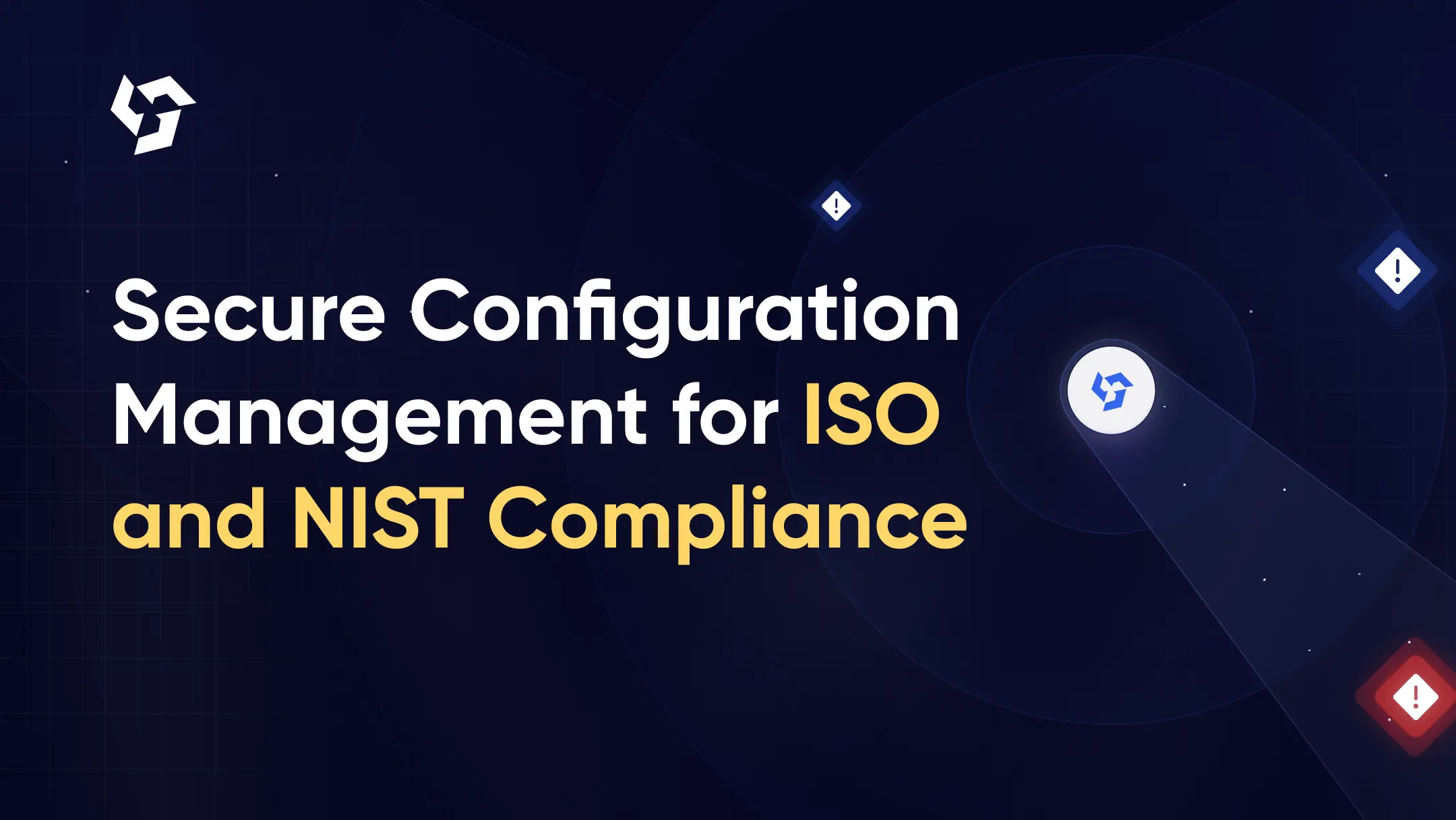
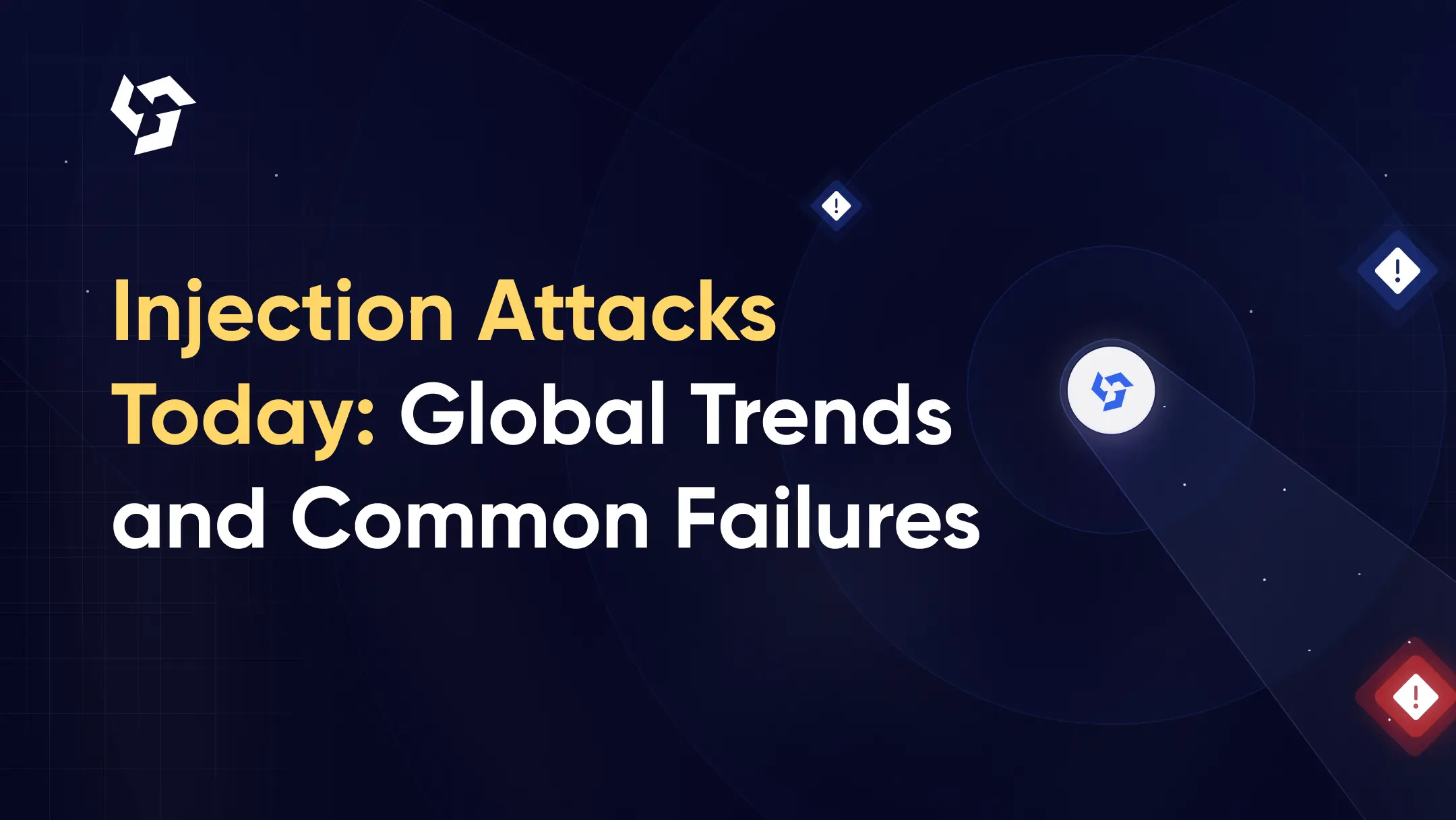
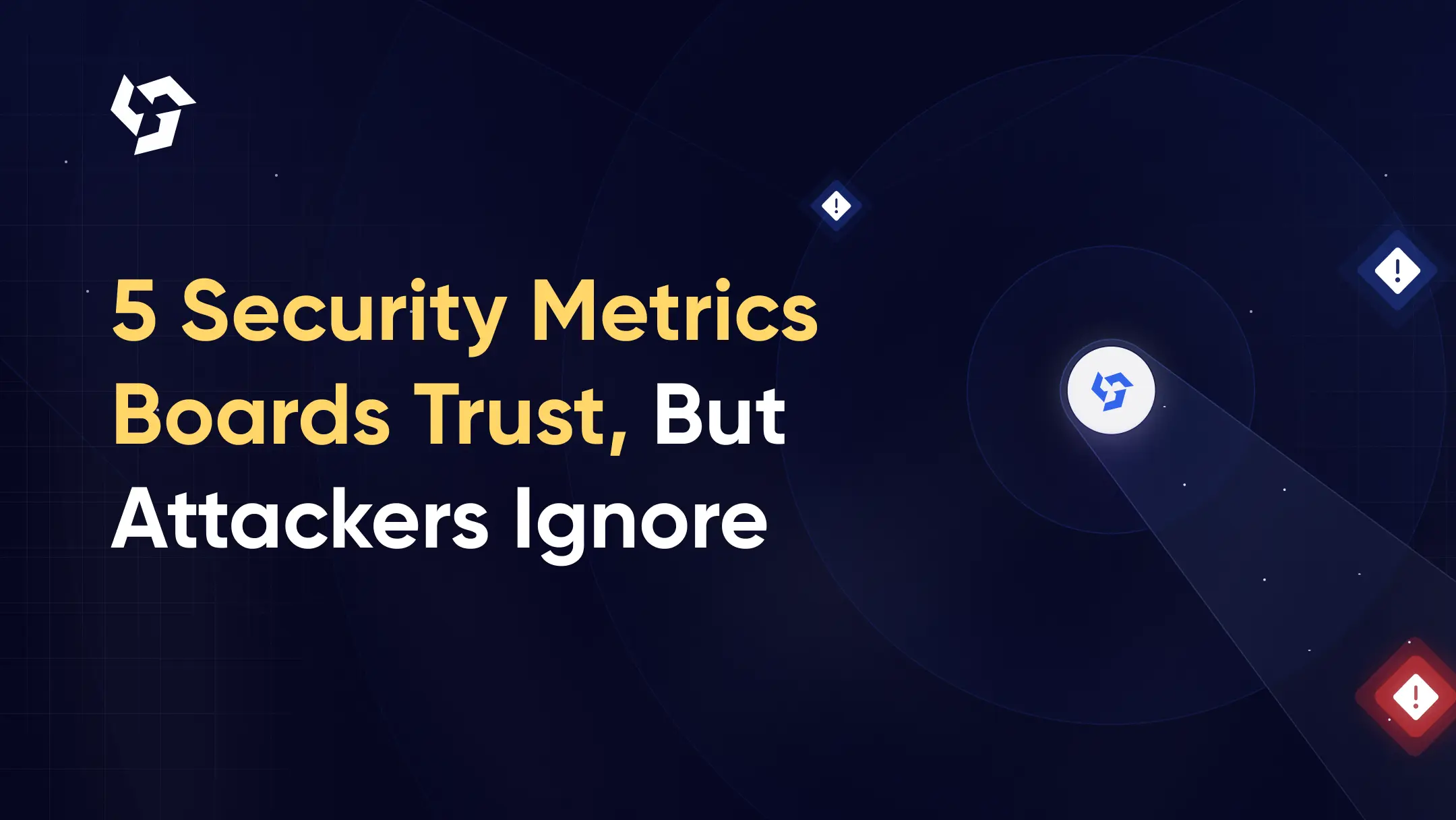
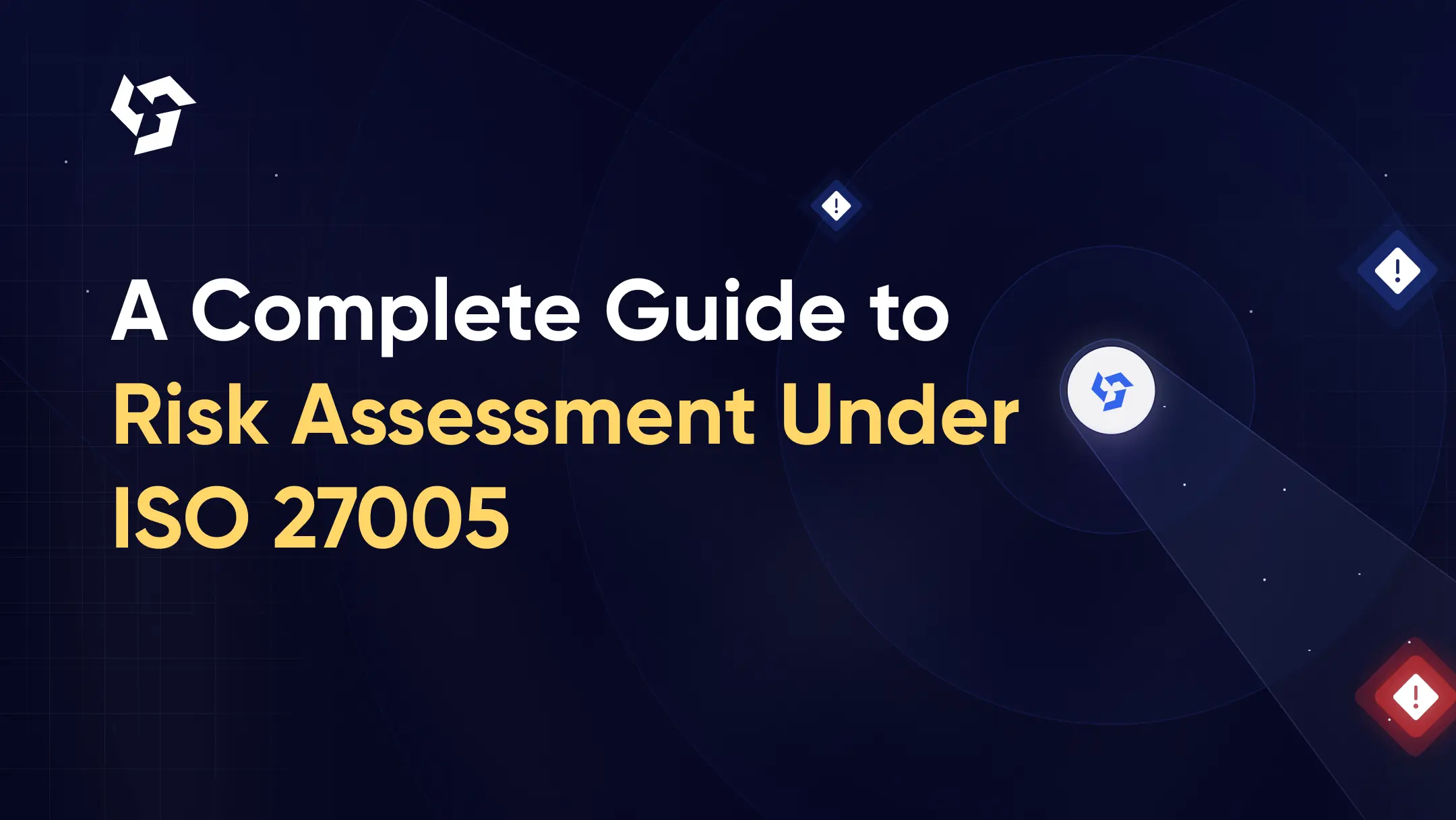
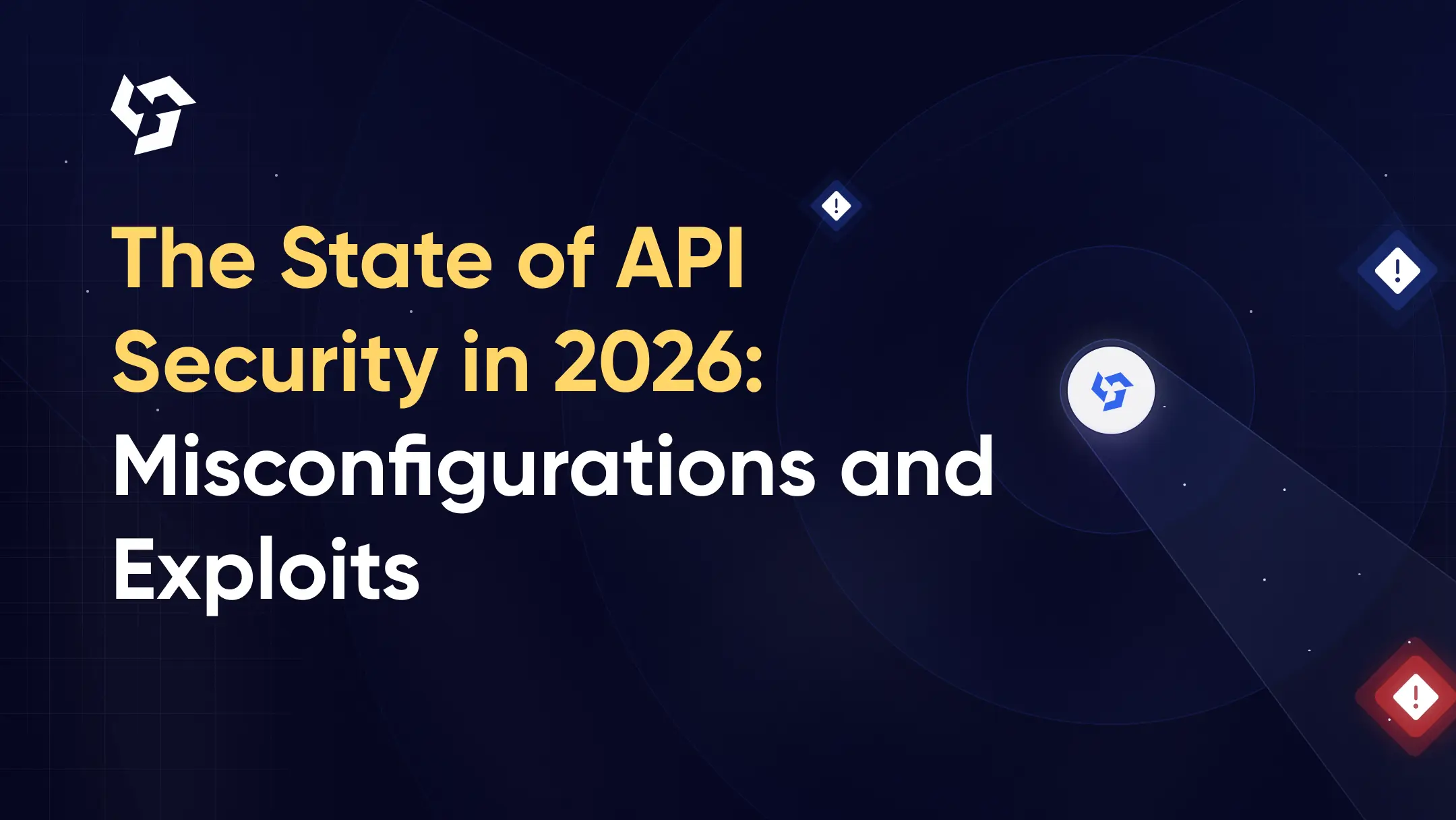
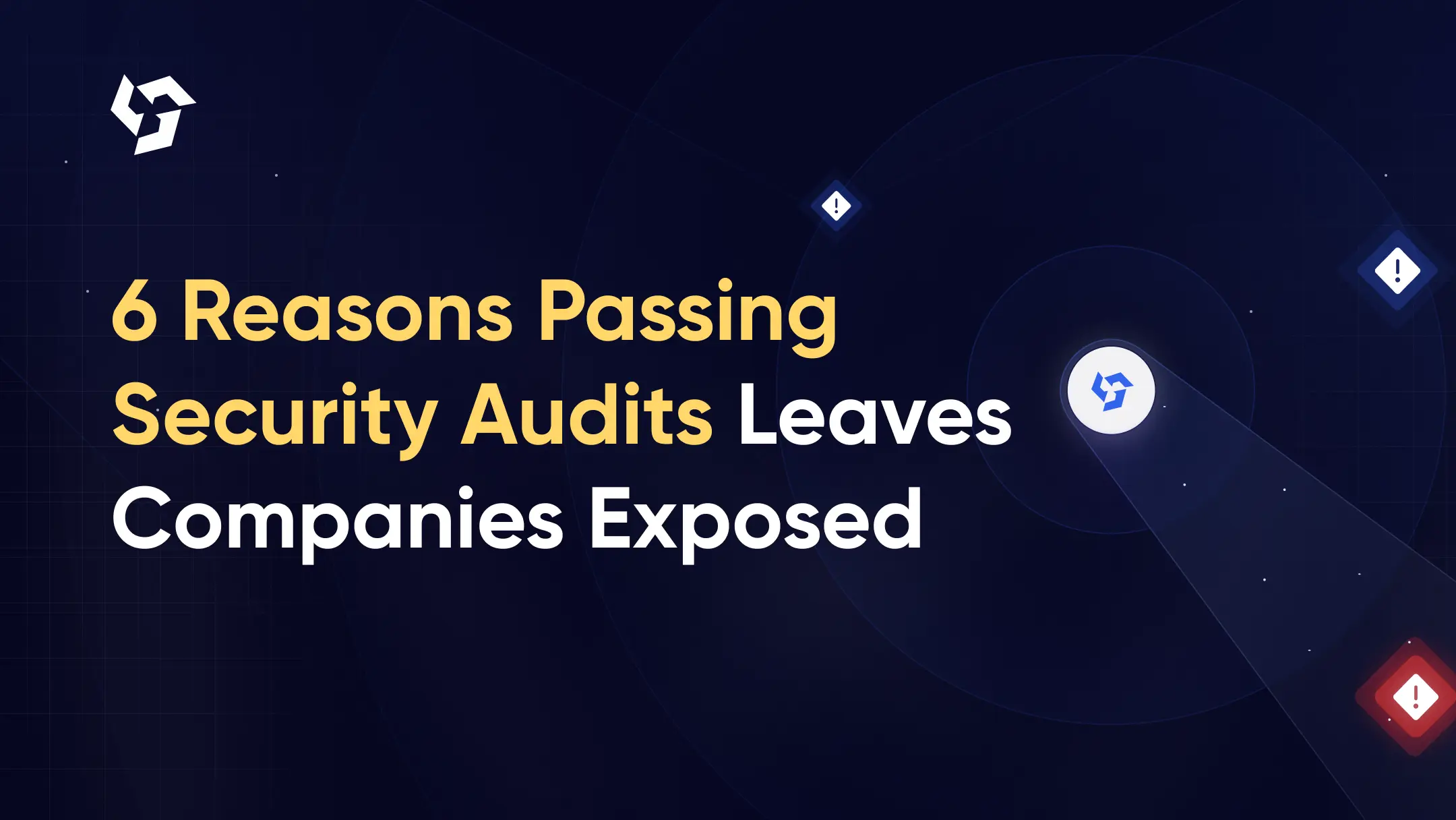
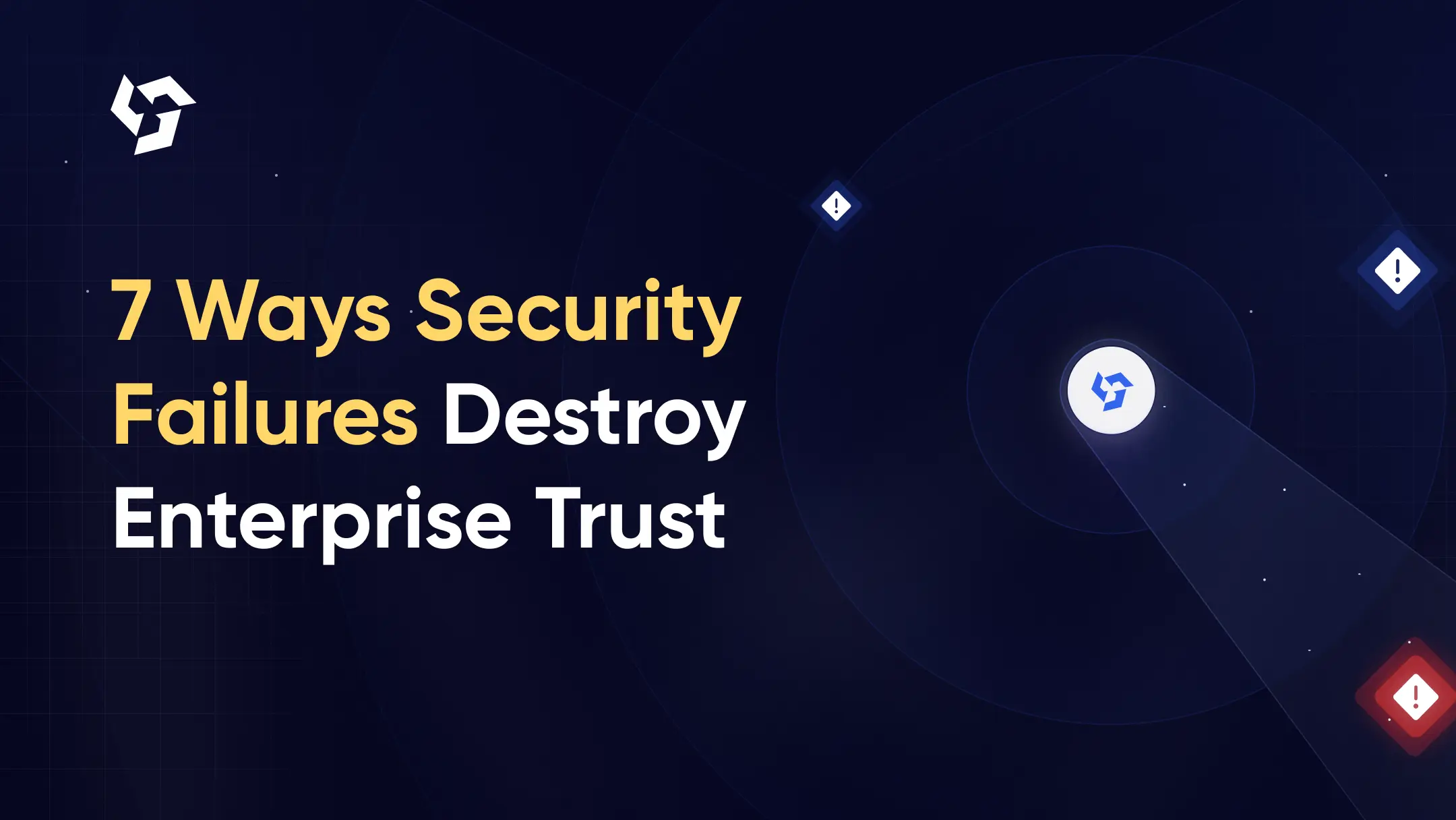
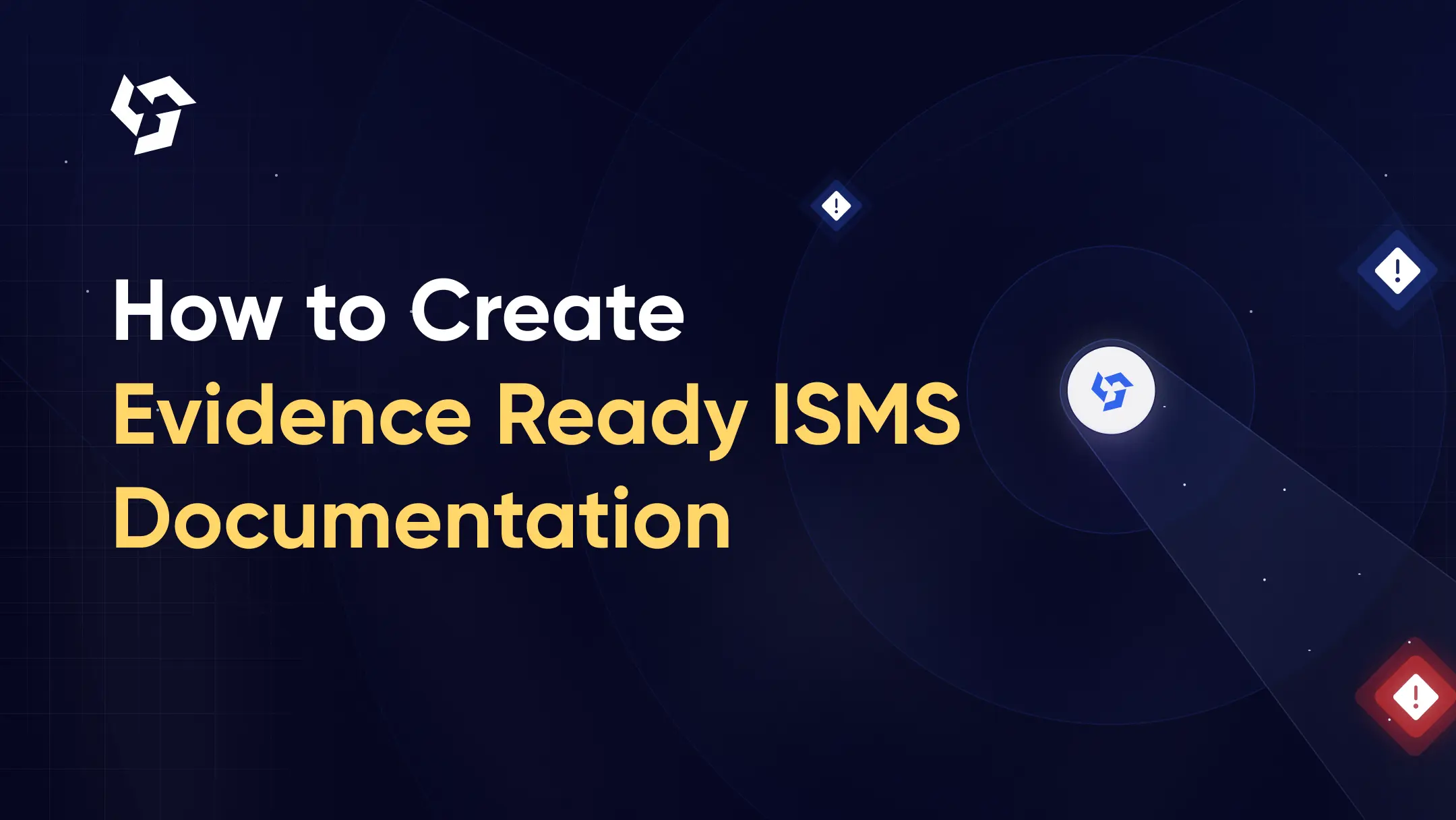
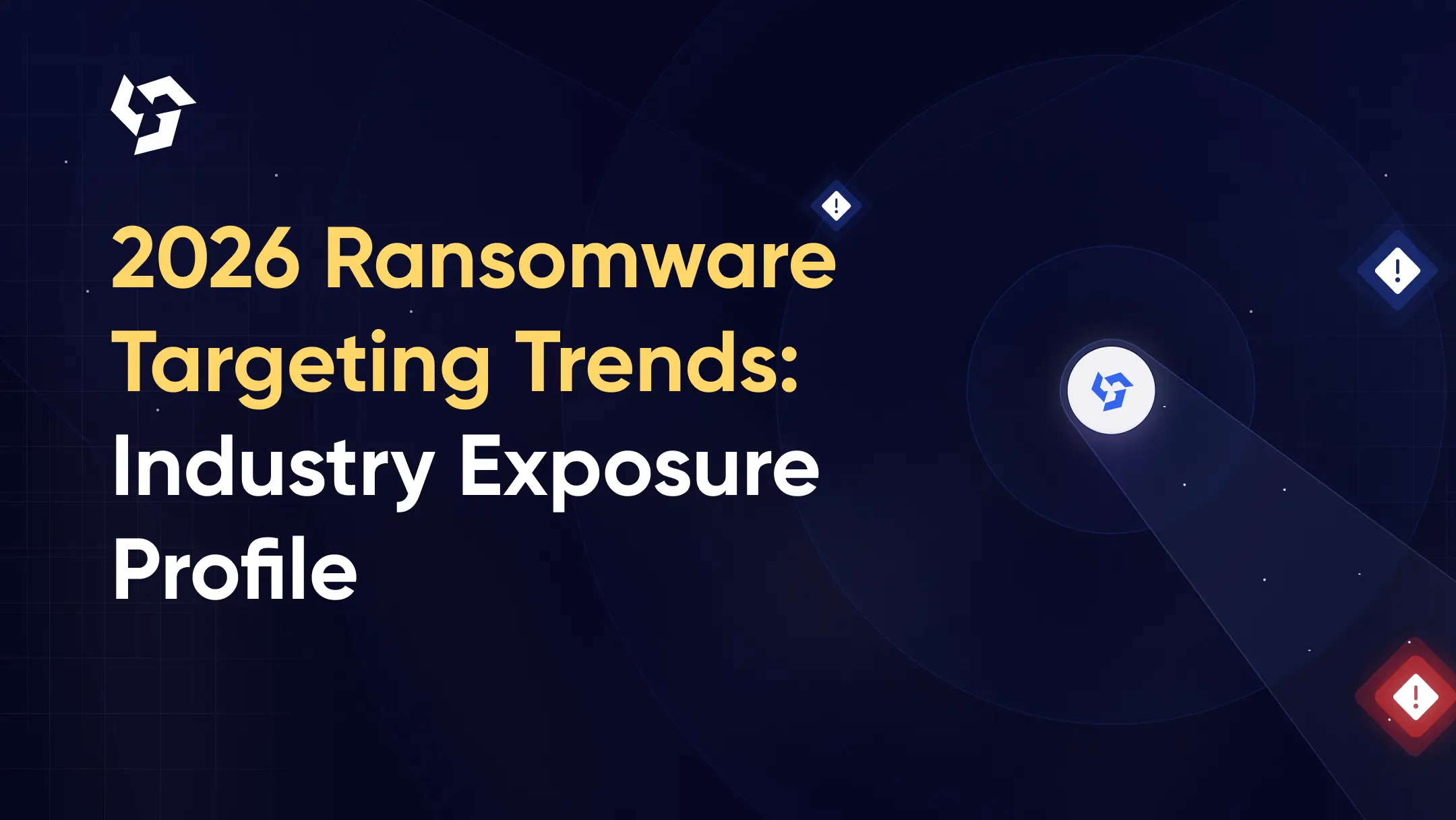

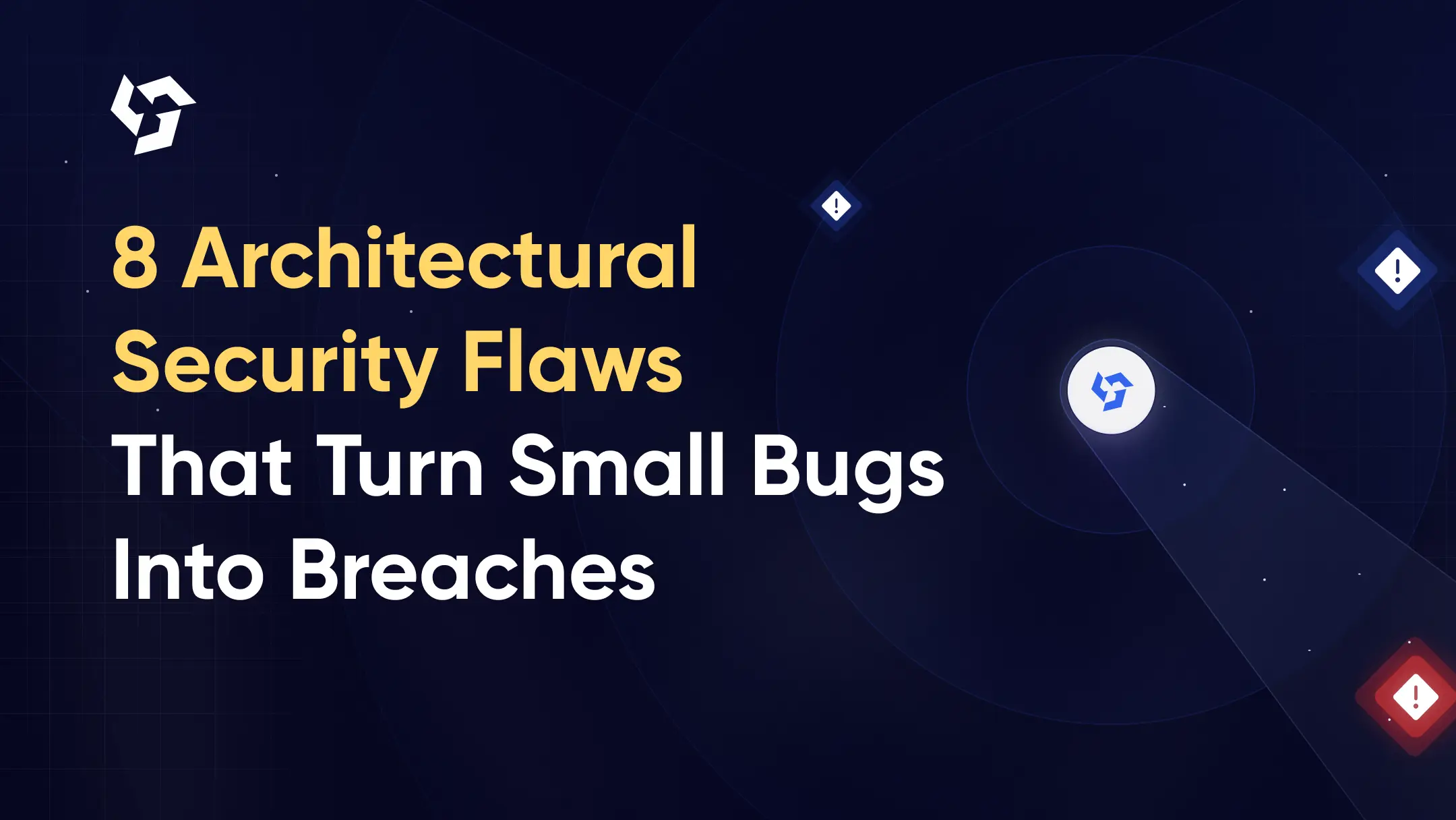
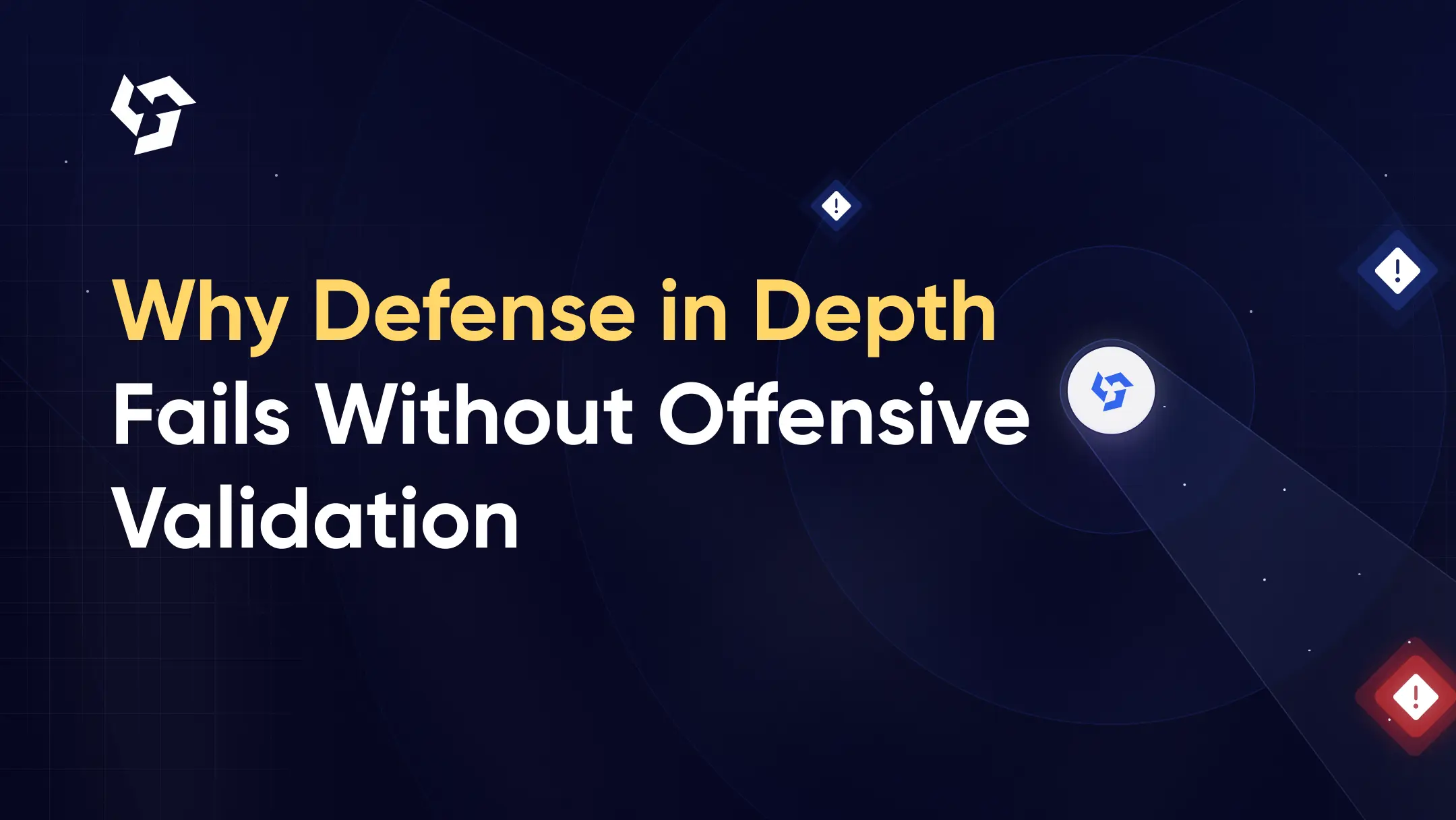
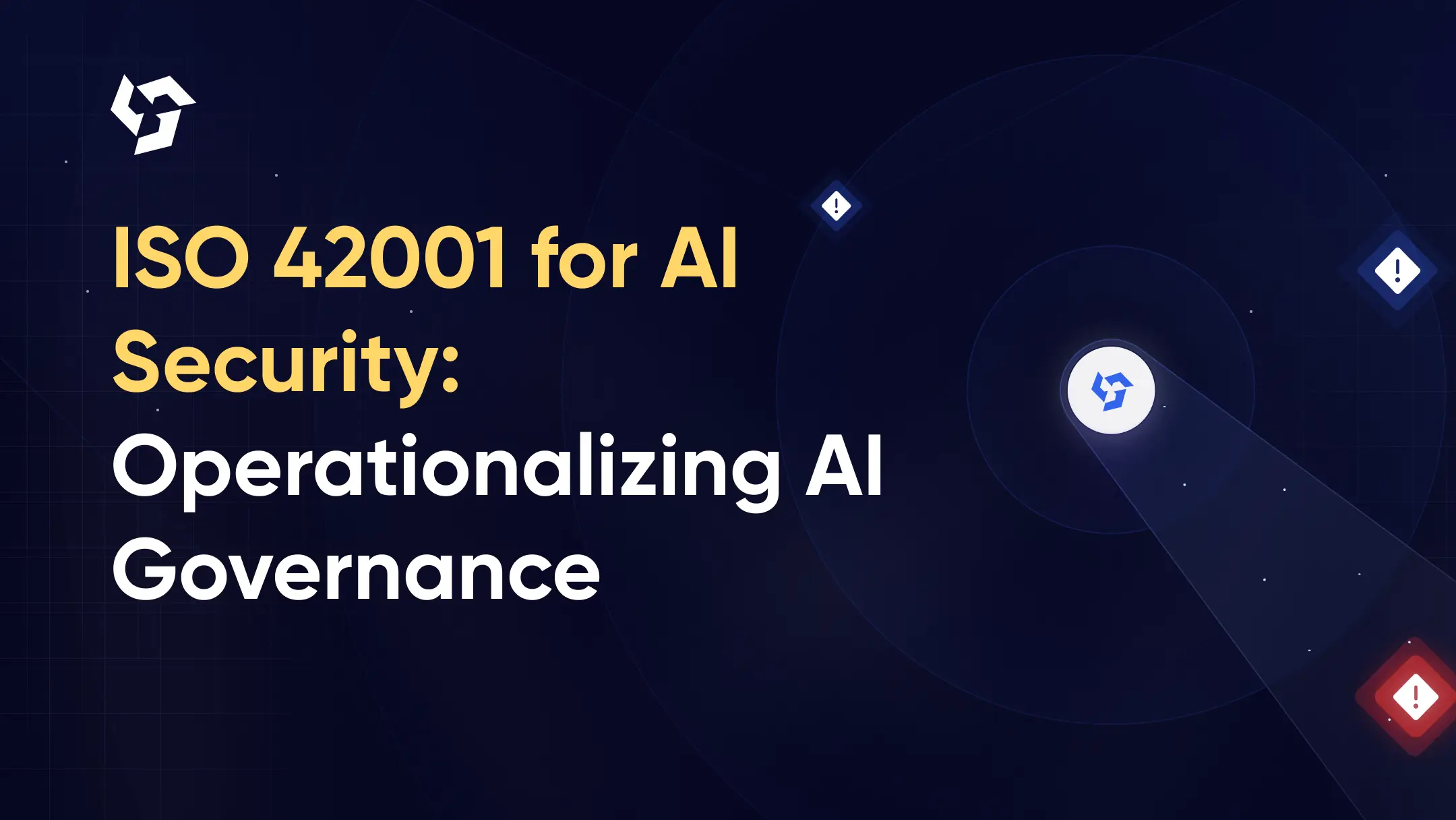
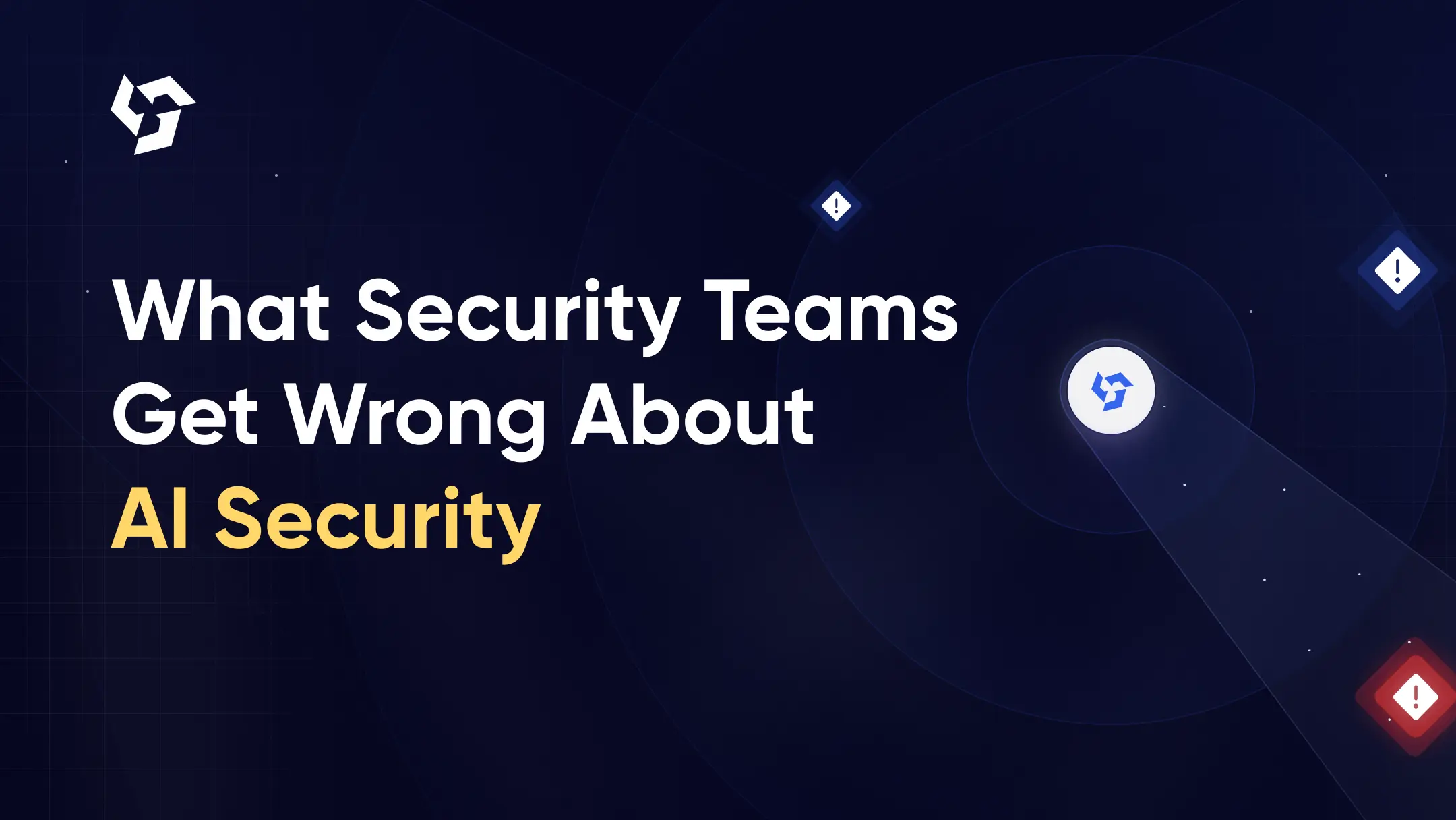
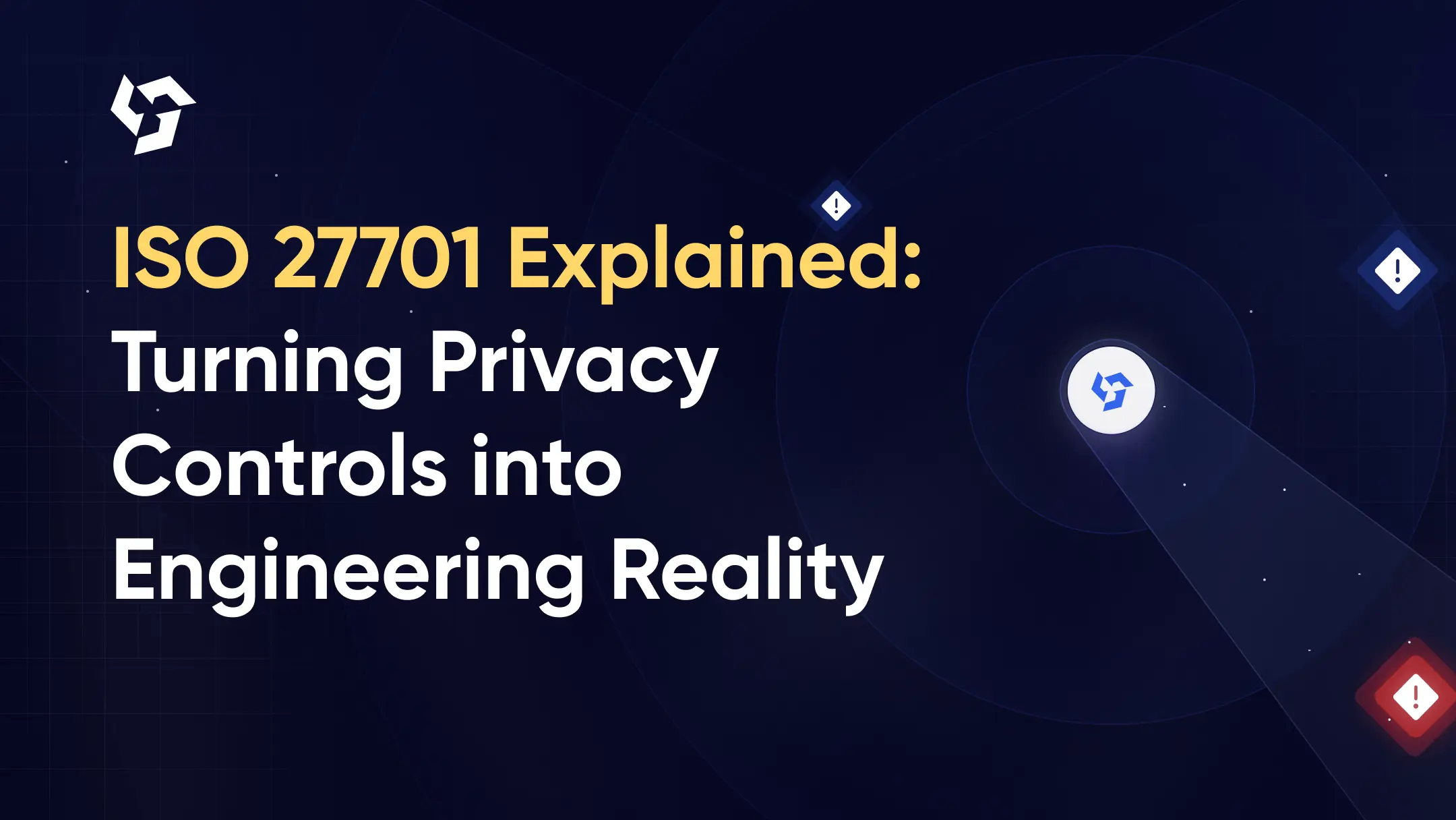
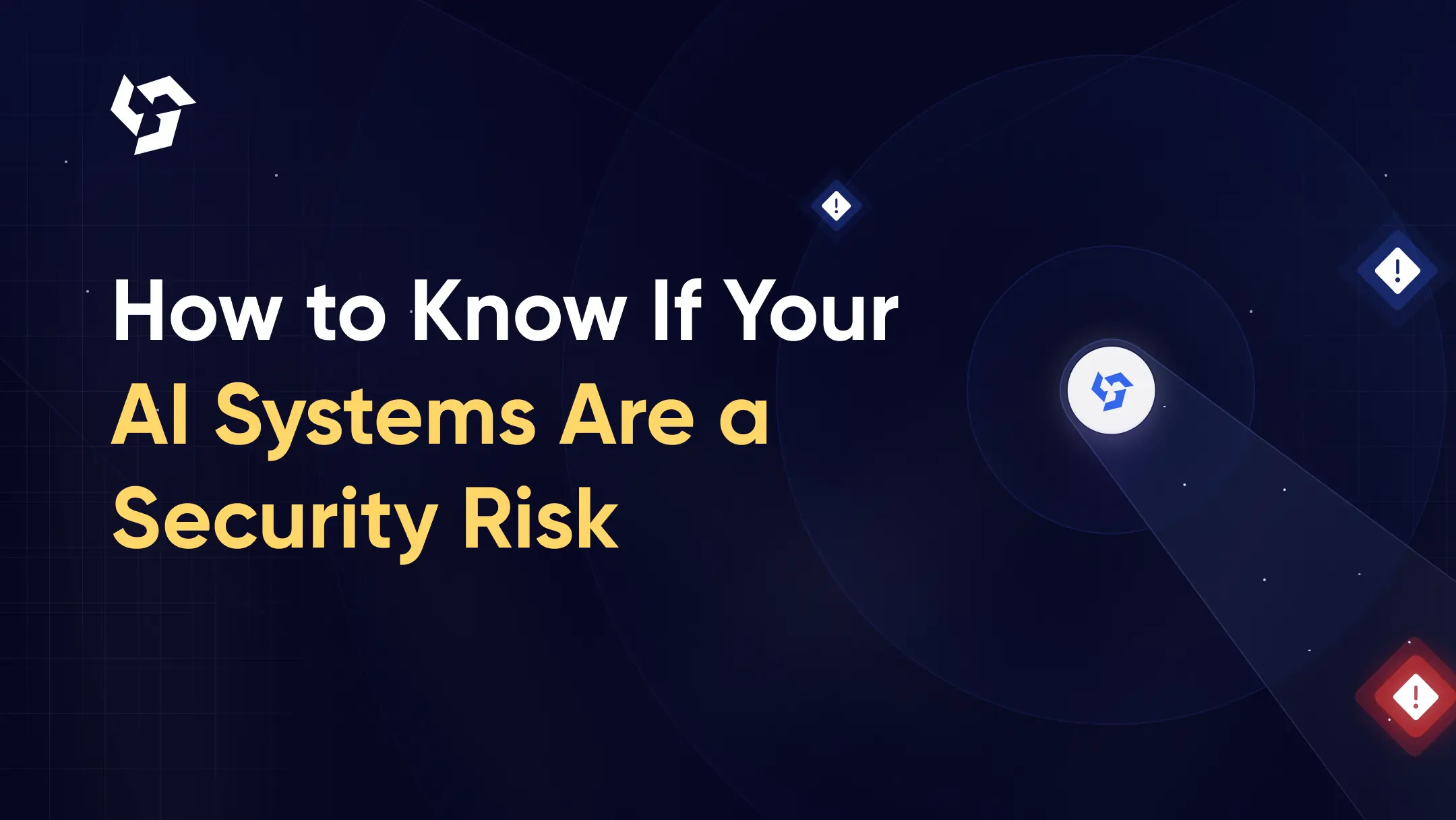
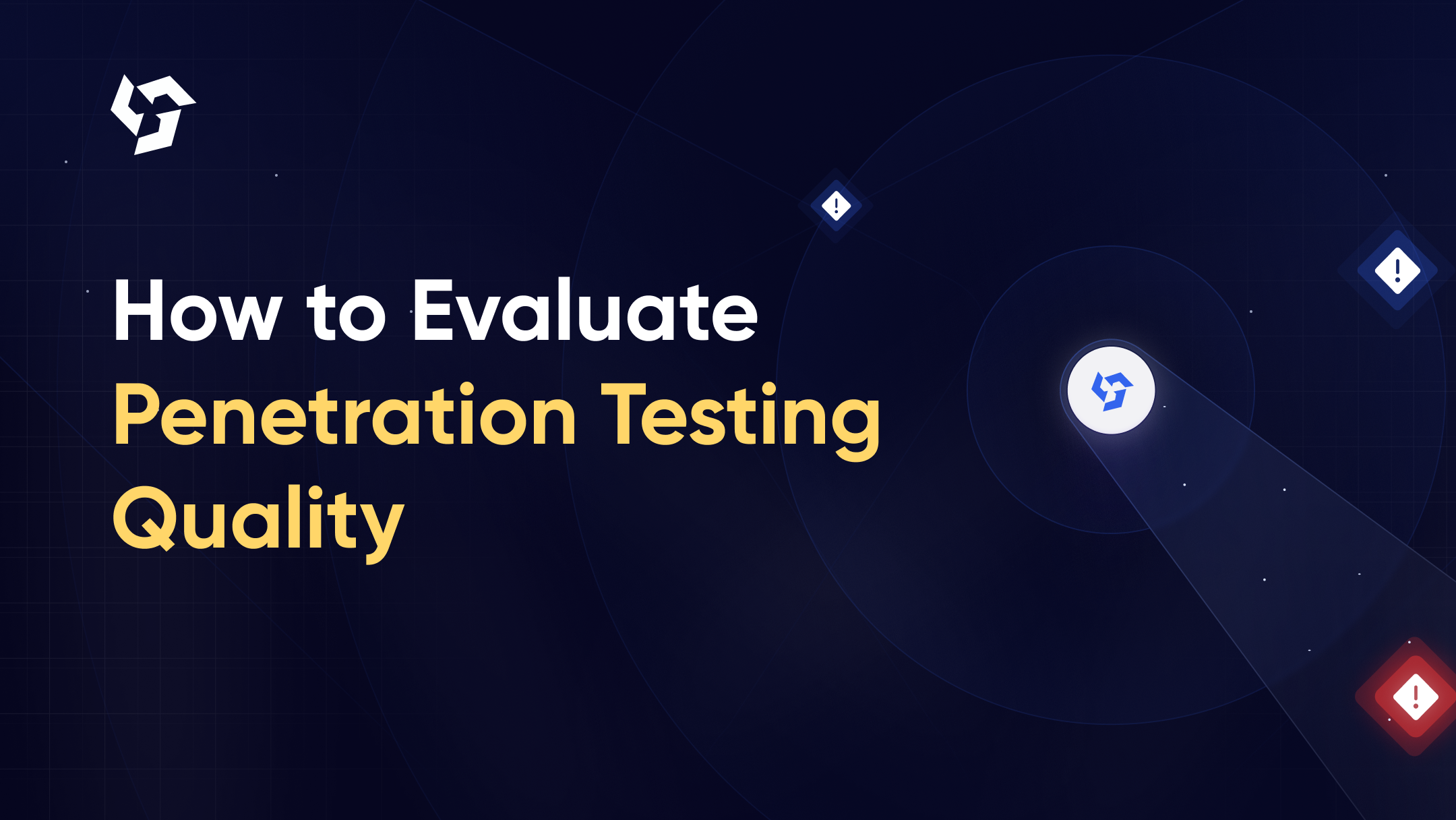
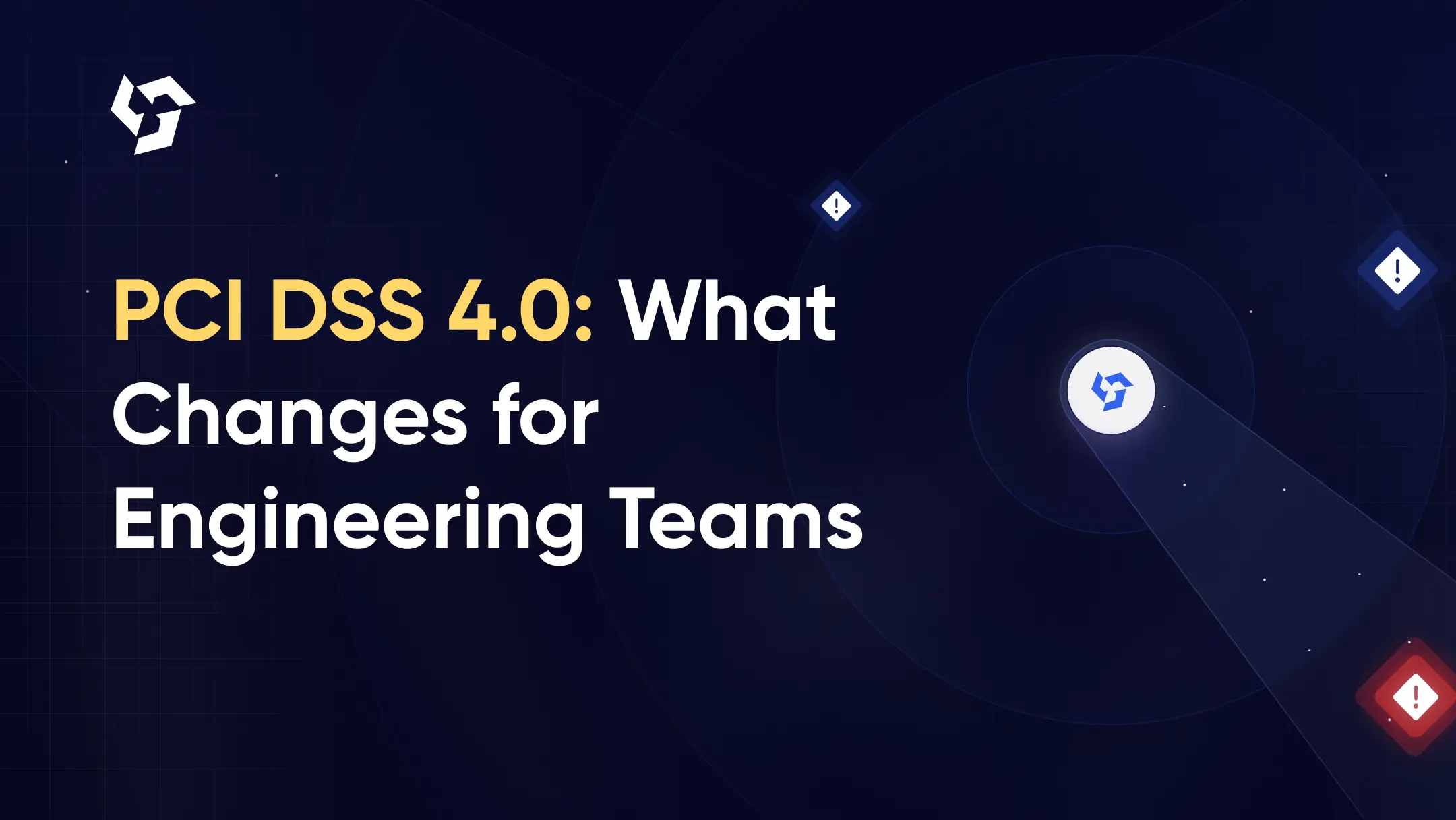
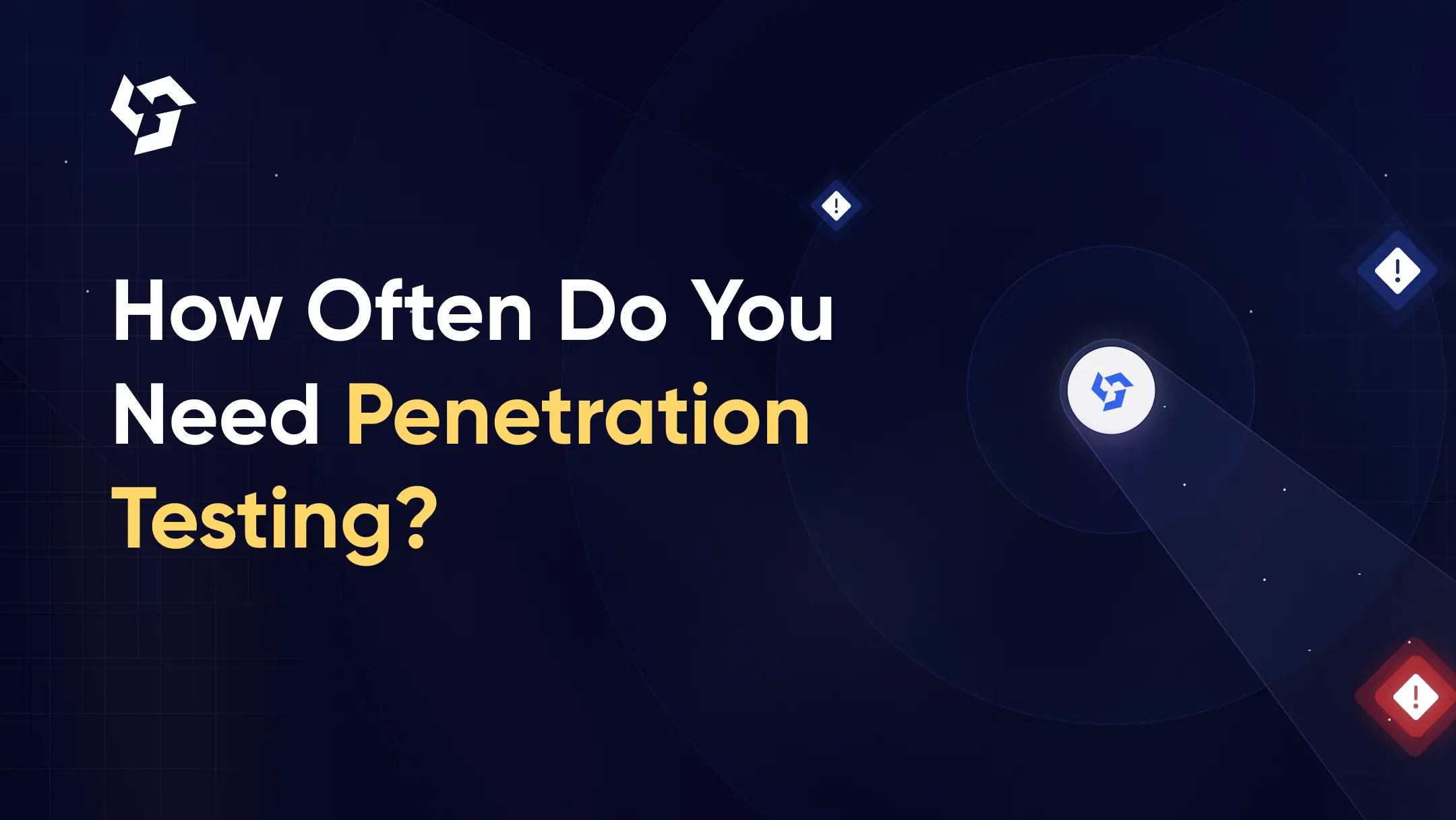
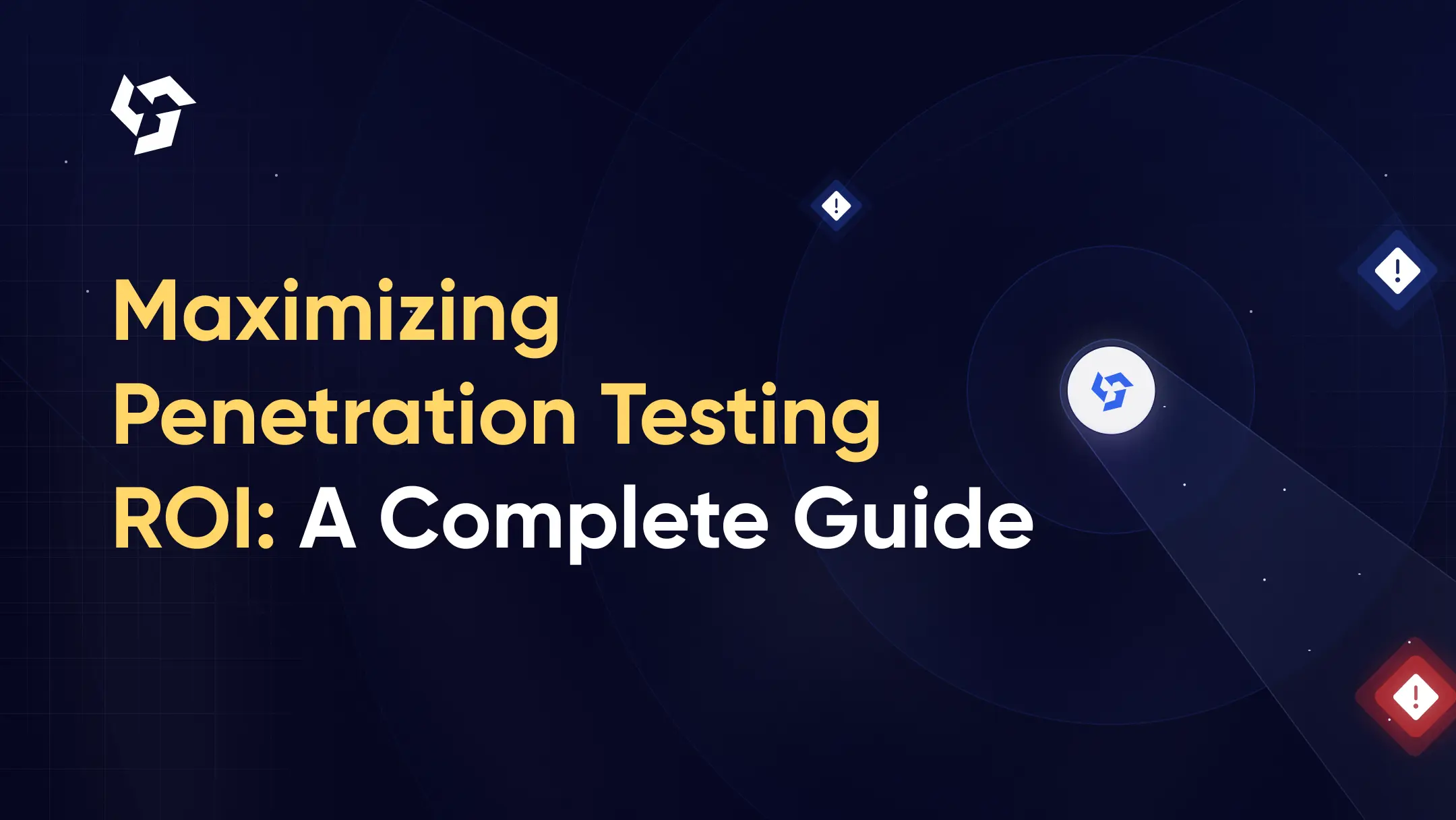

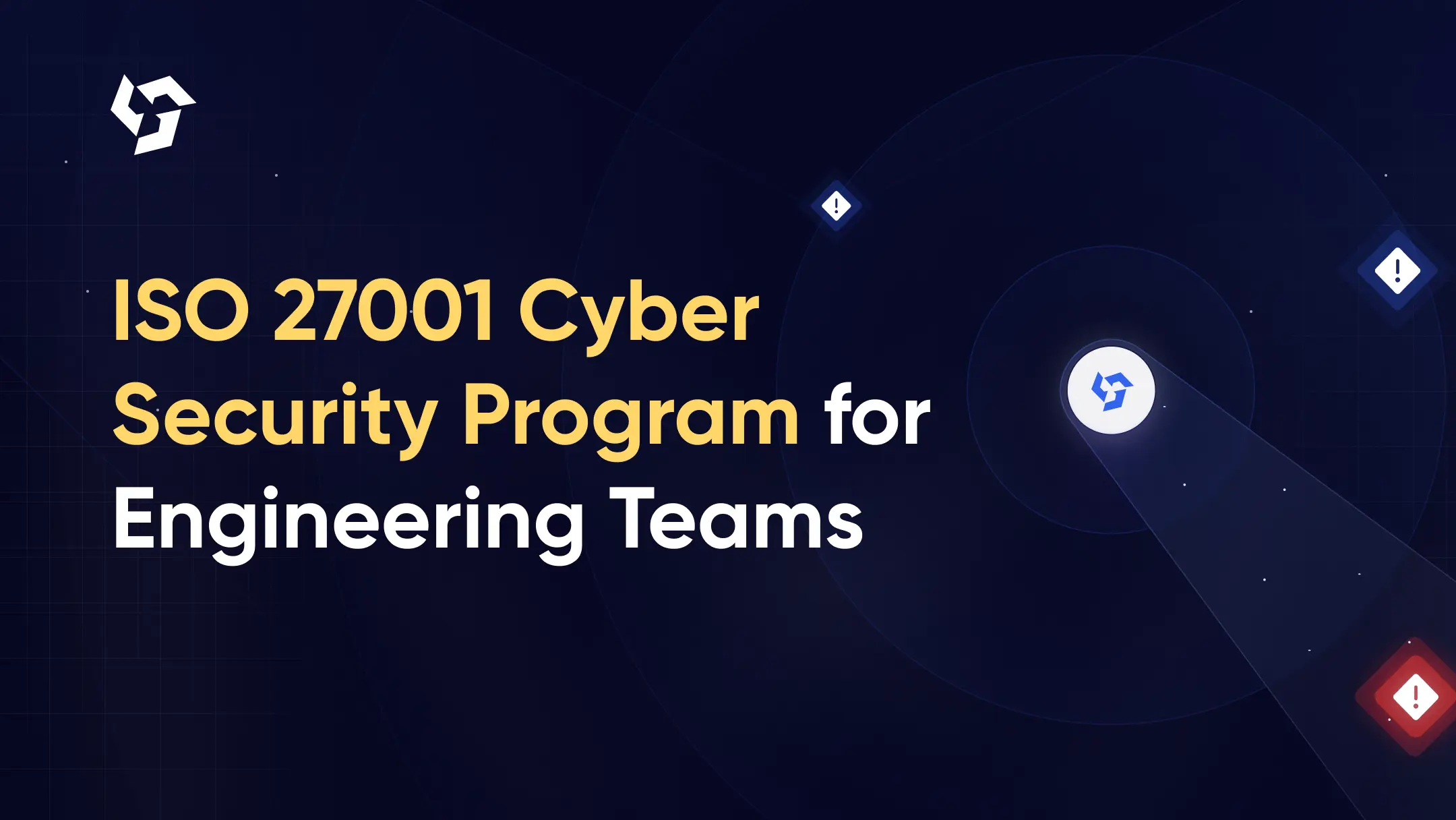
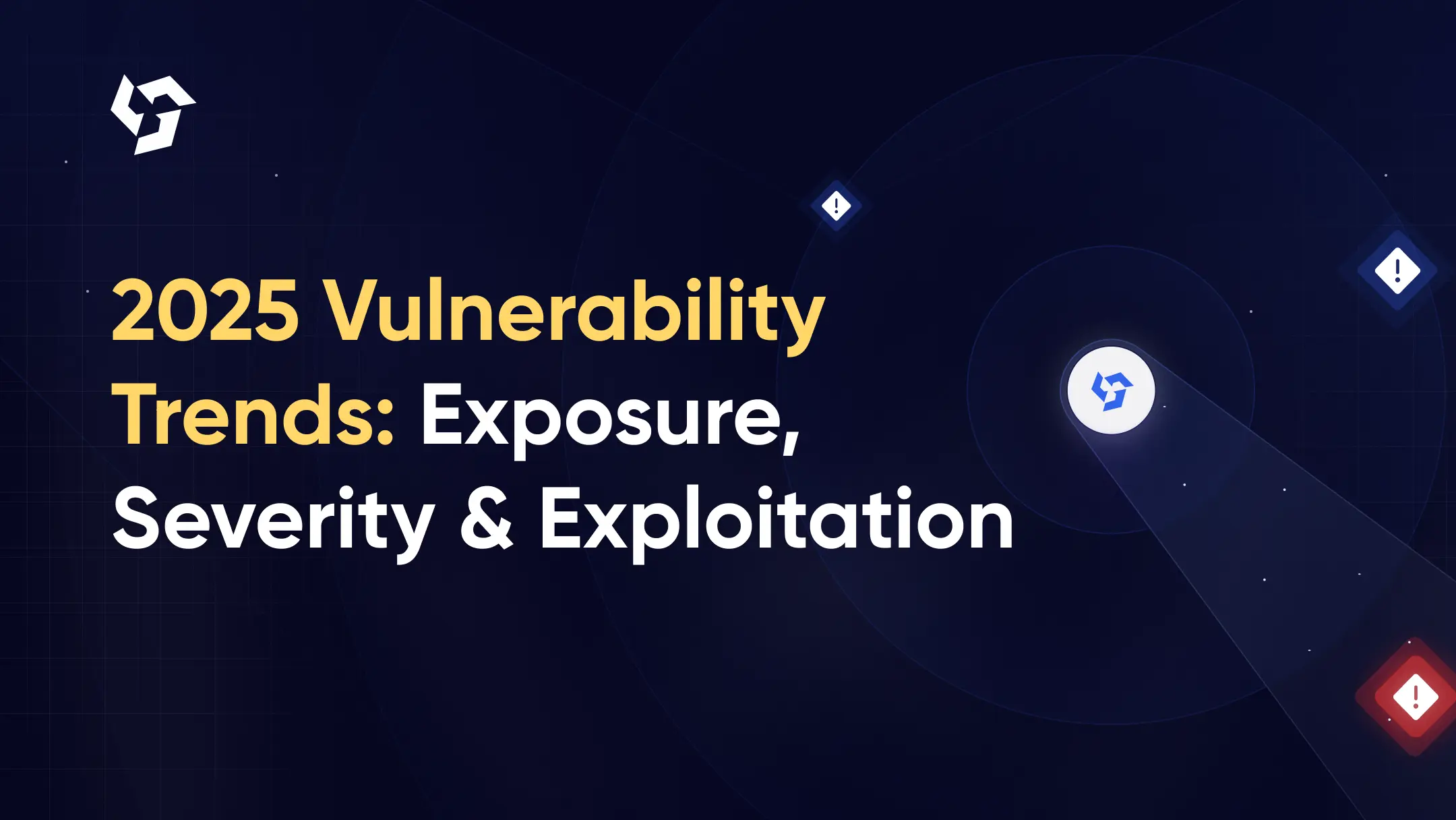
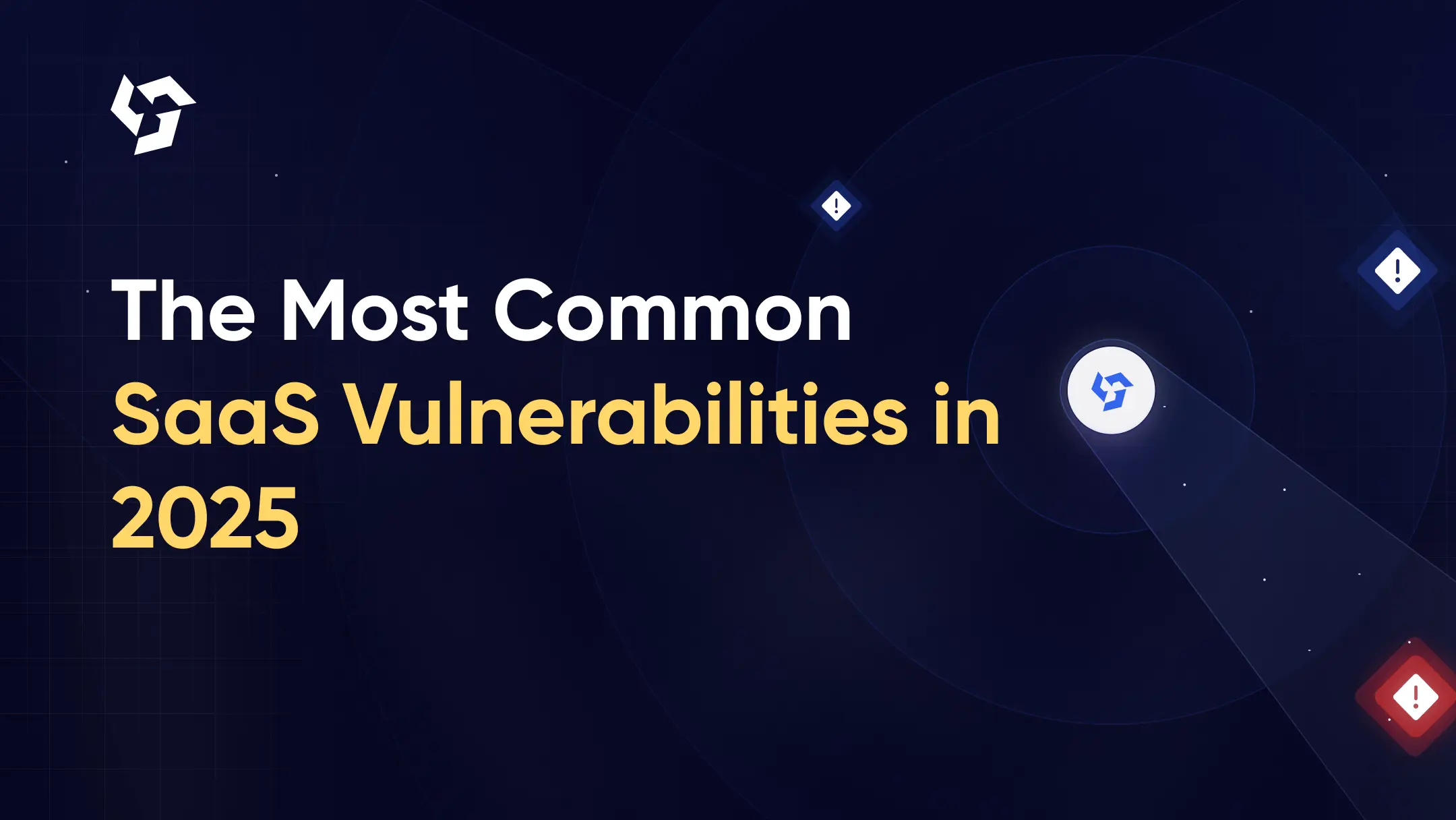





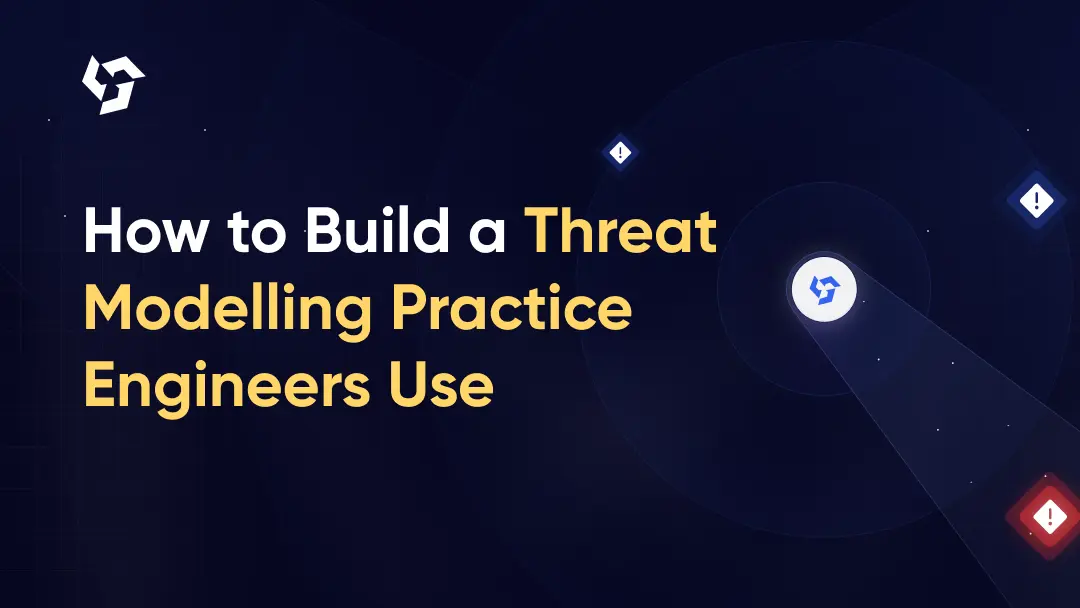
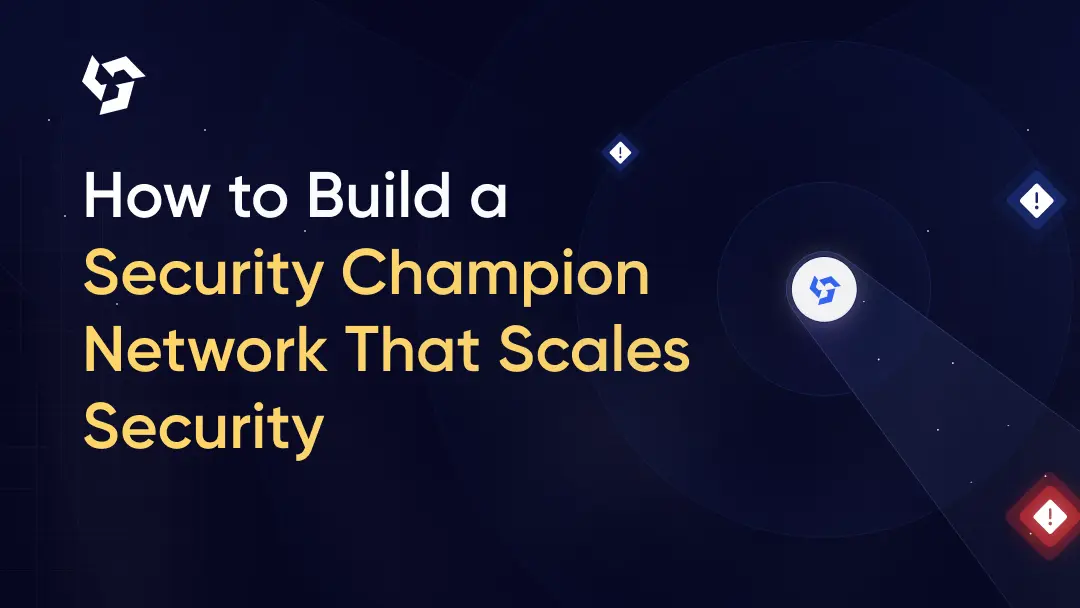

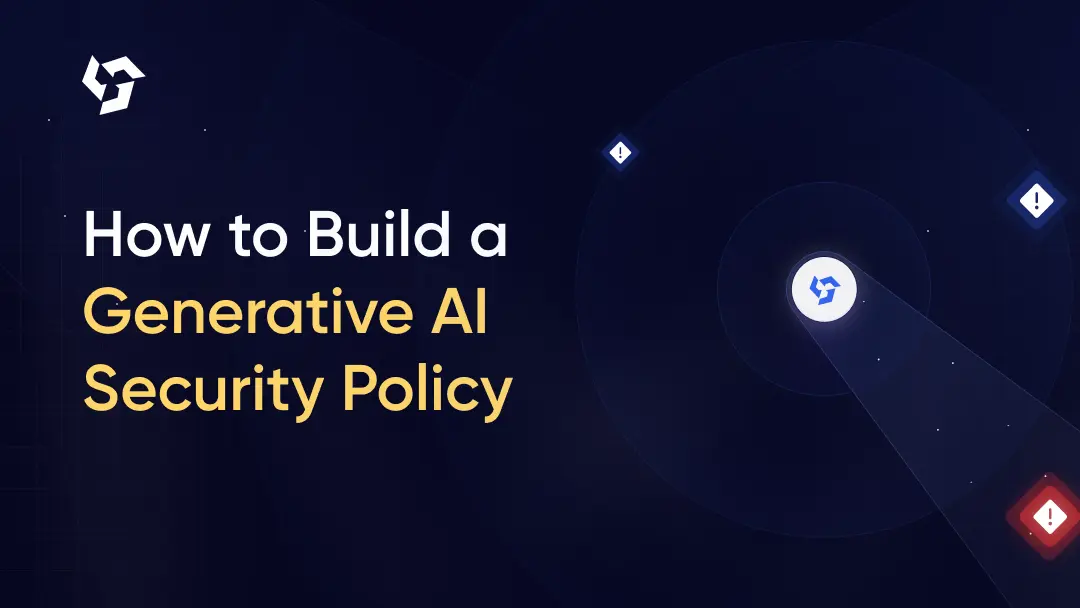
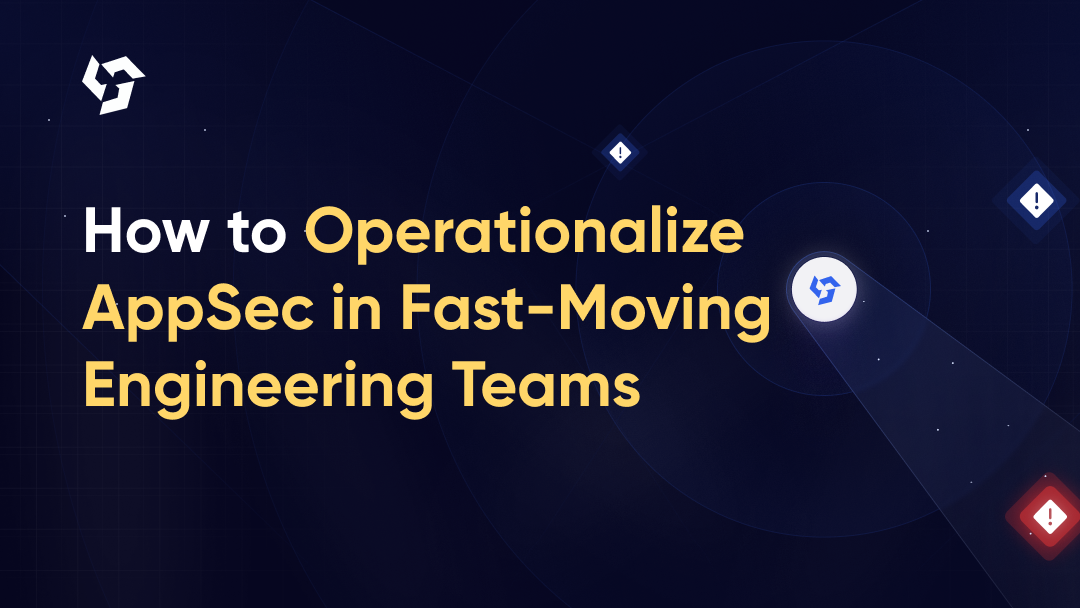

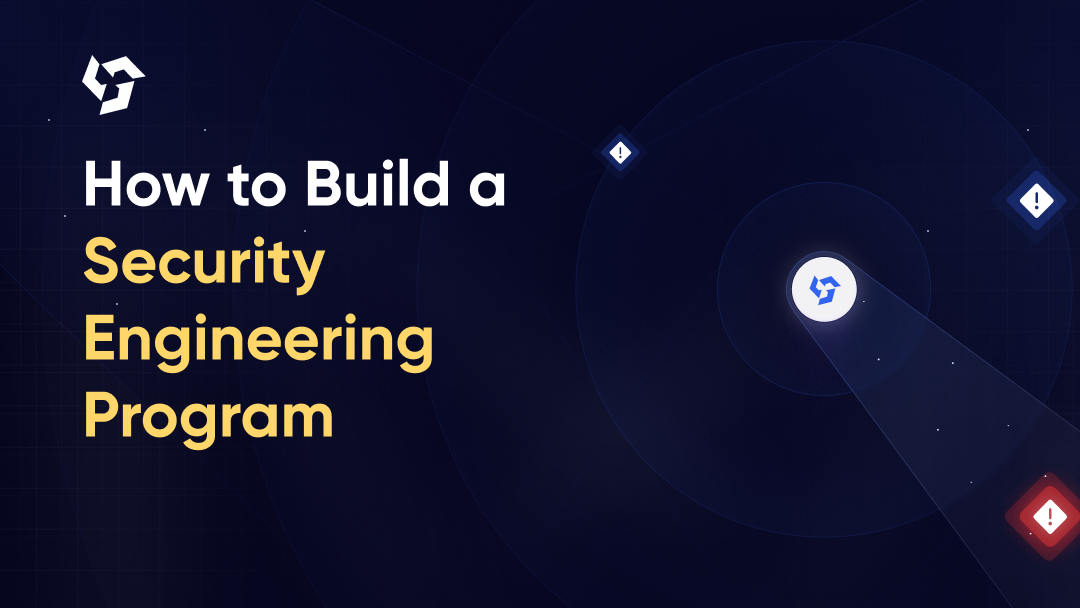

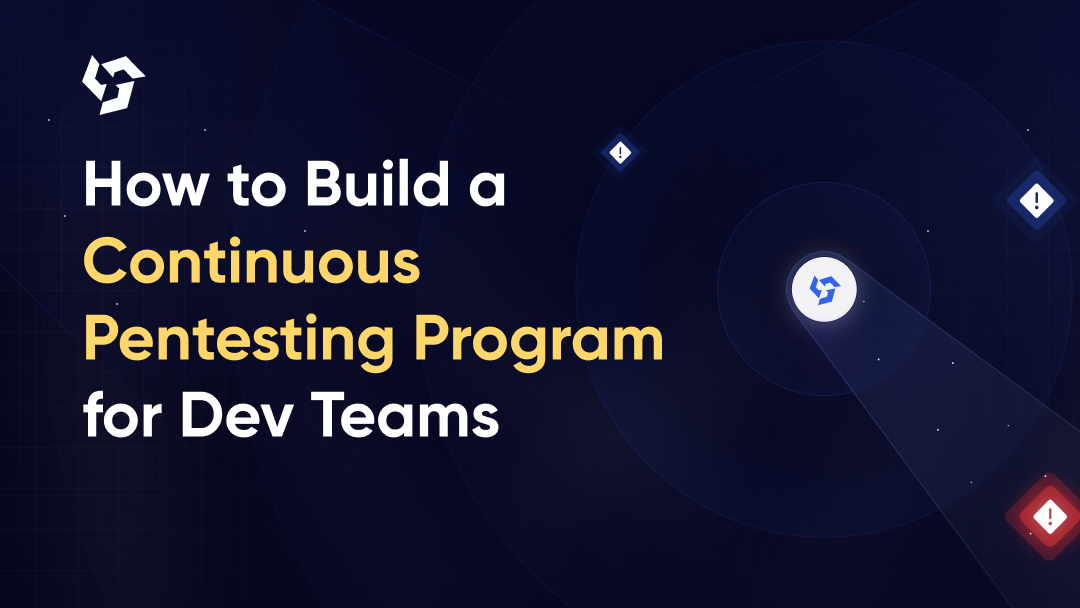

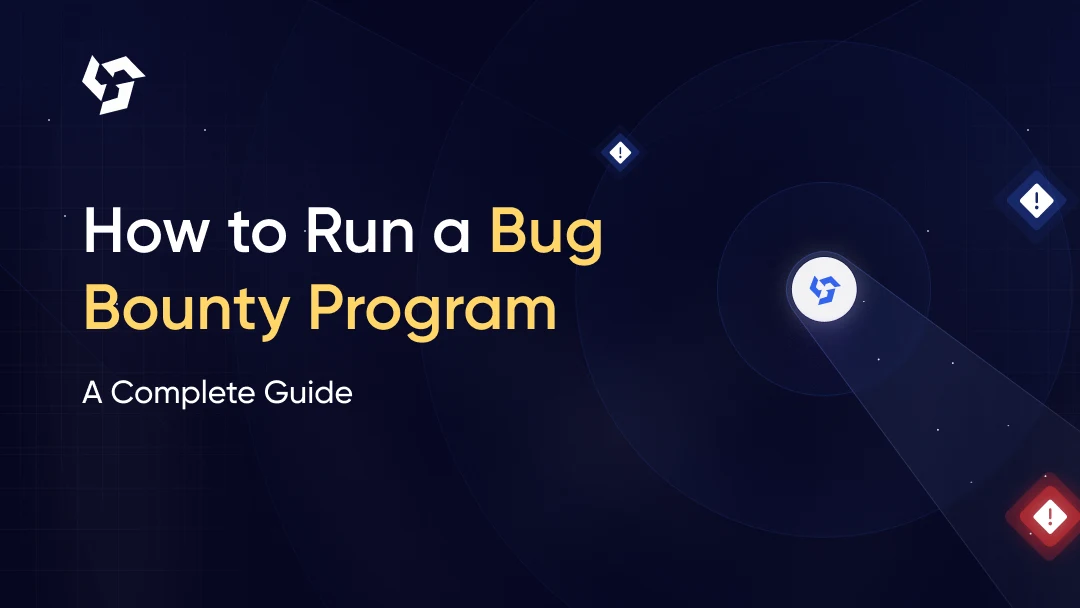


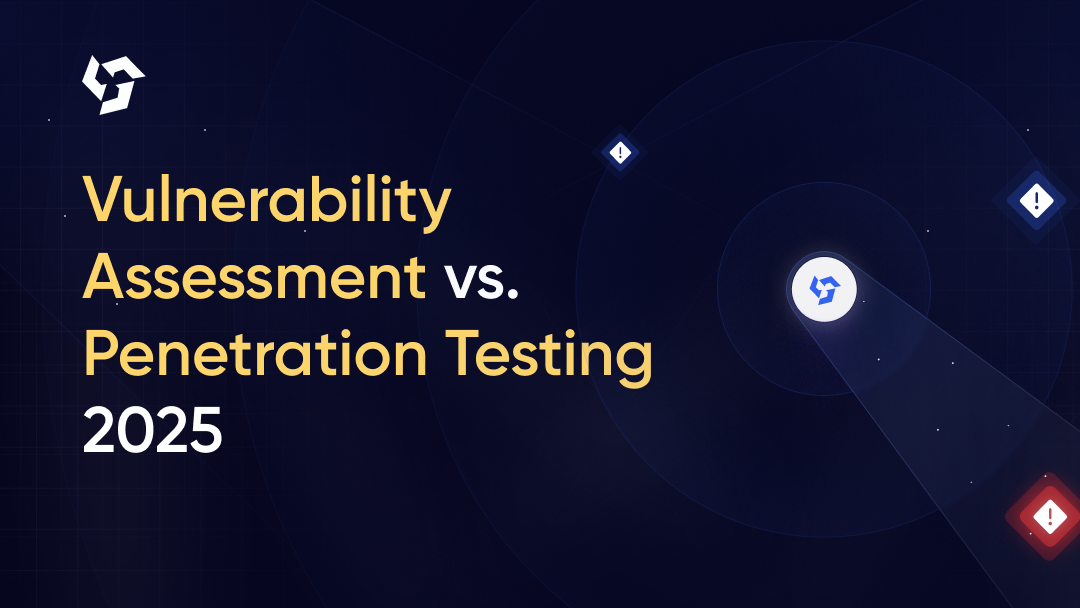

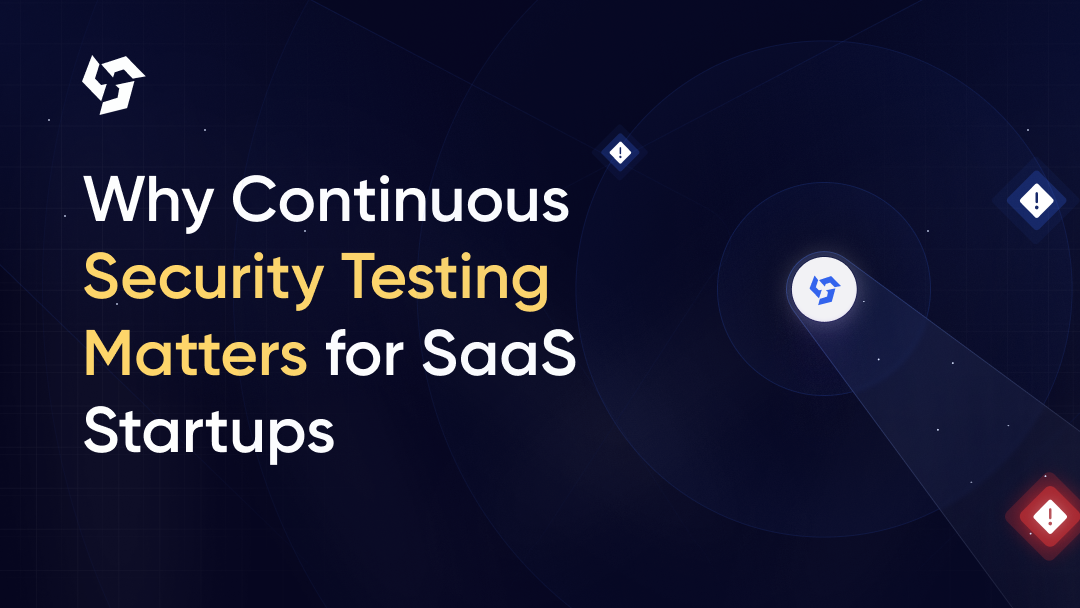
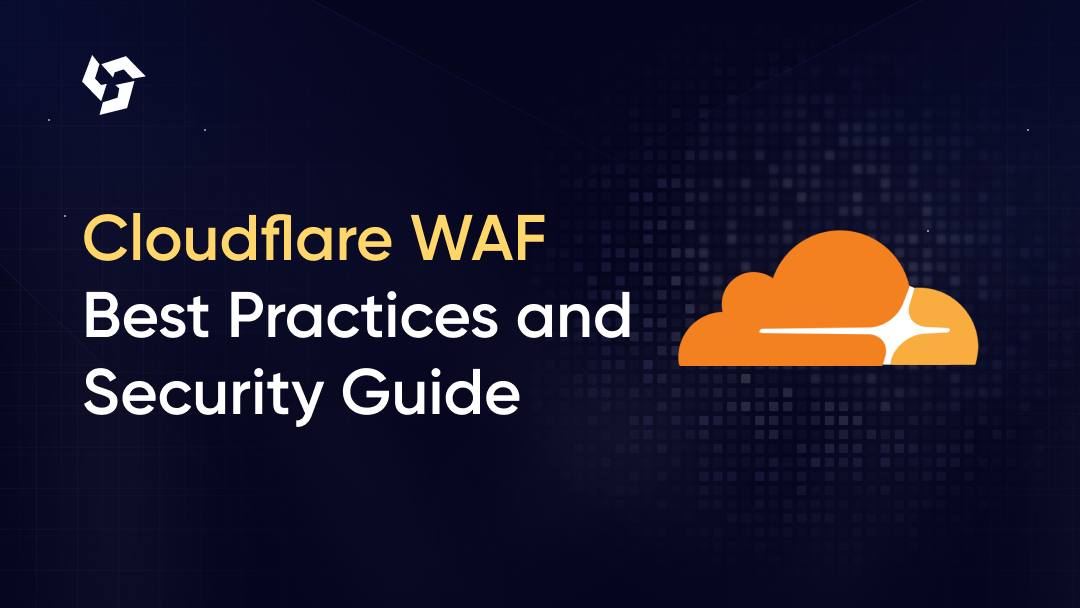

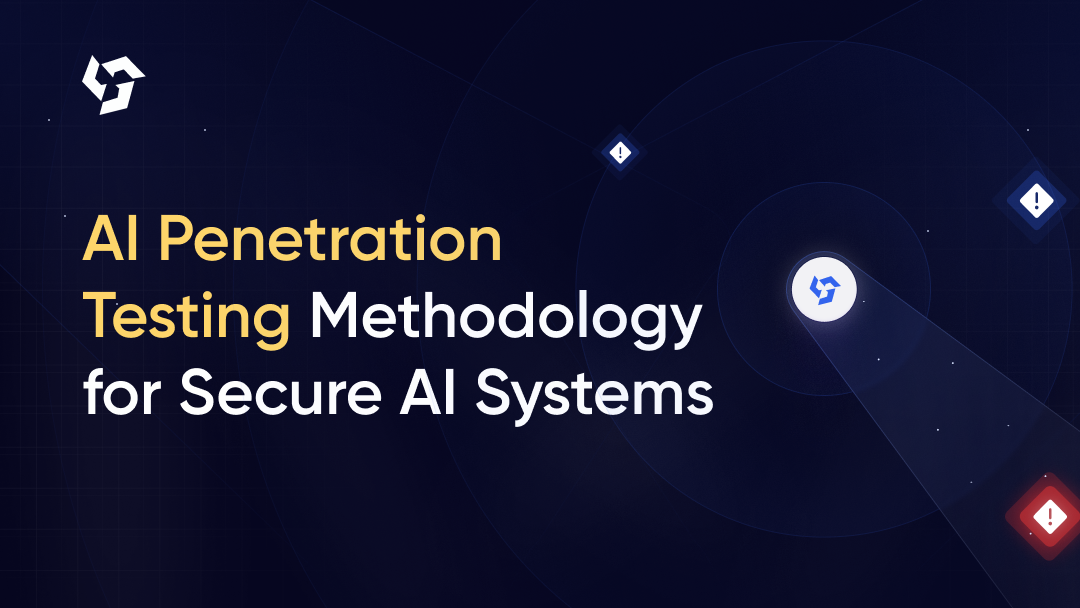
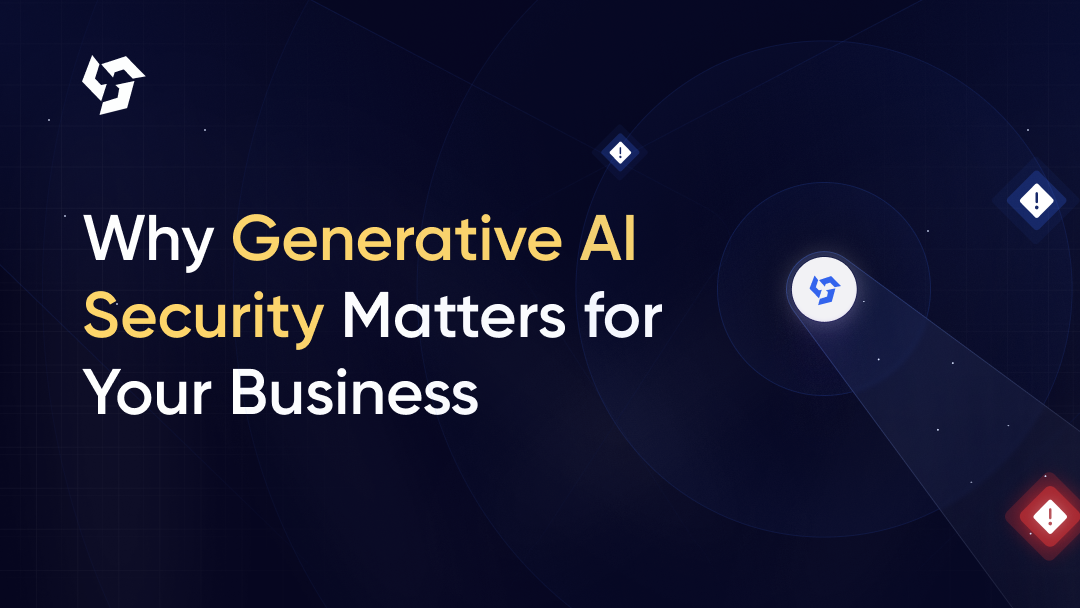
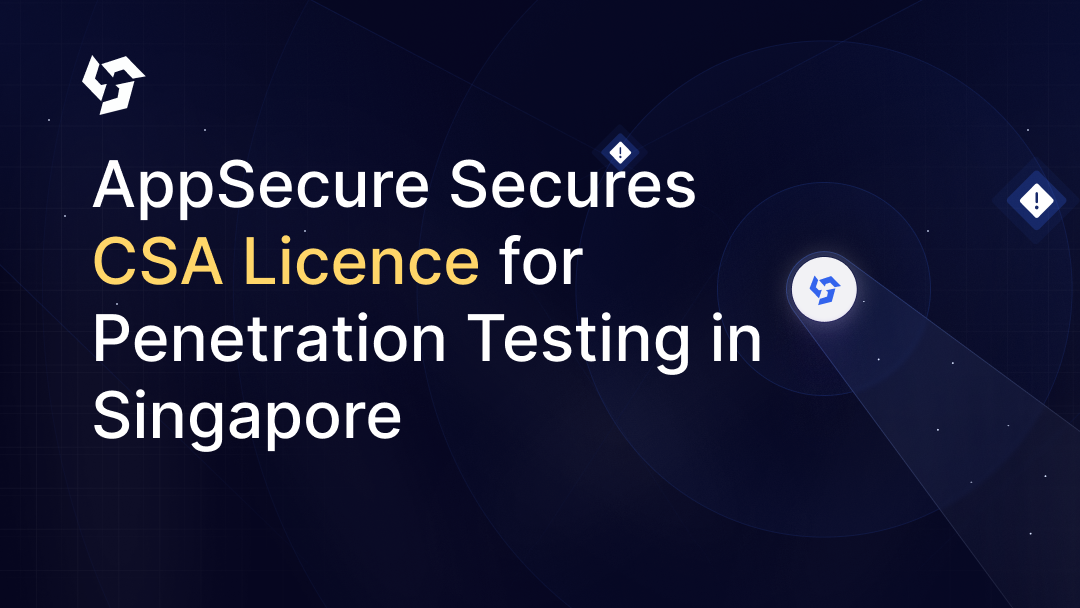
.png)
.png)
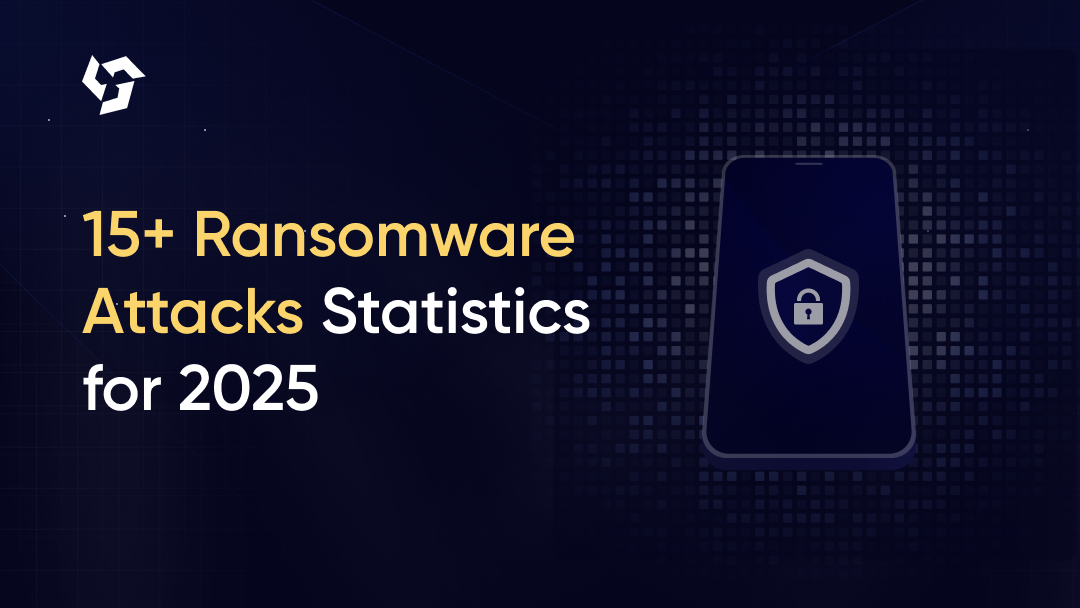
.png)
.png)
.png)
.png)
.png)
.png)
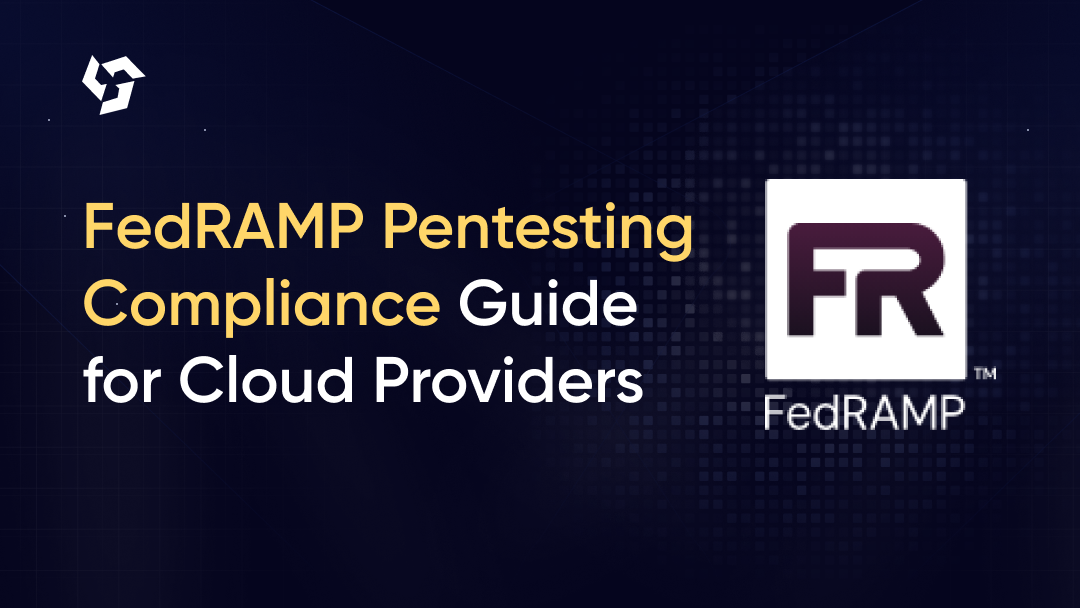
.png)
.png)
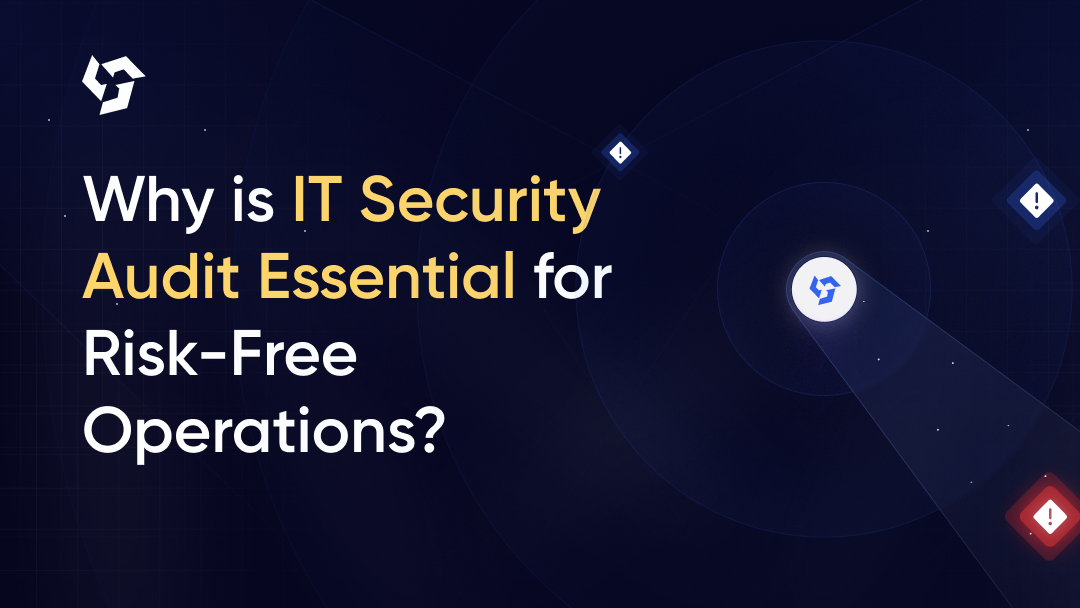

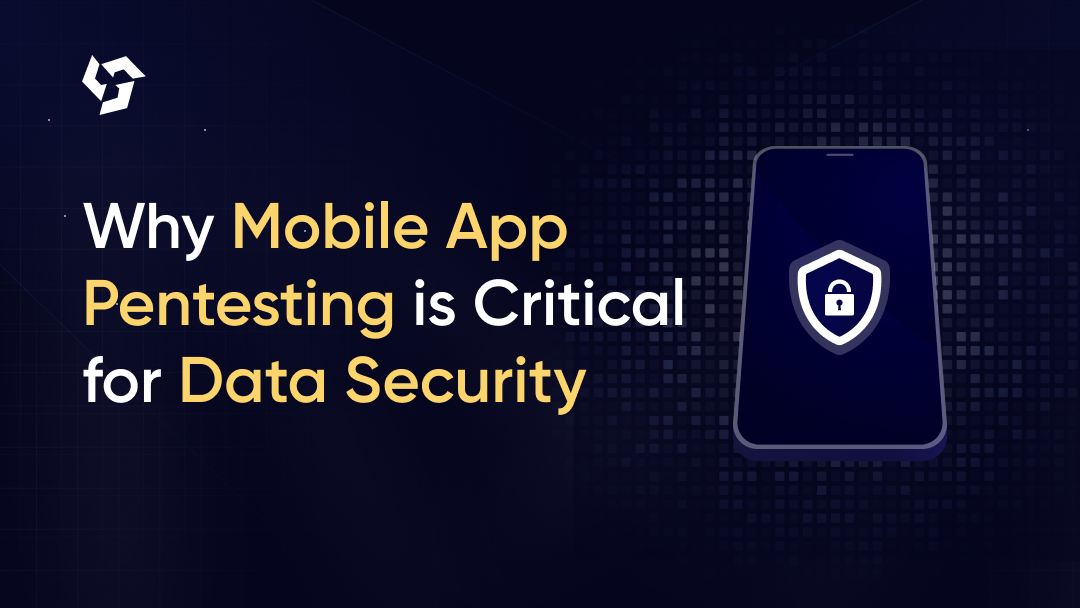
.png)
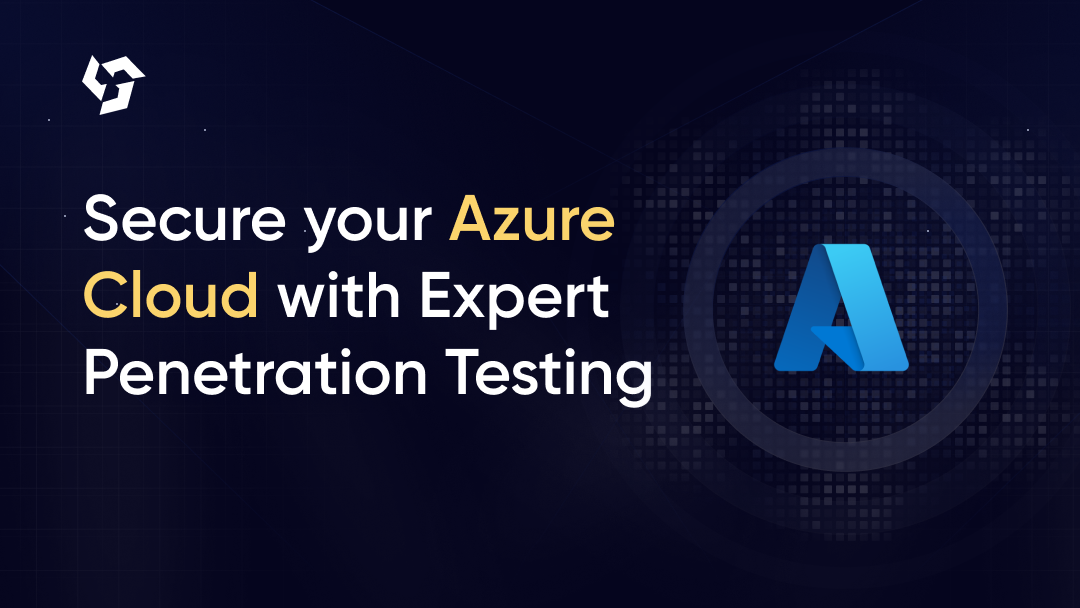
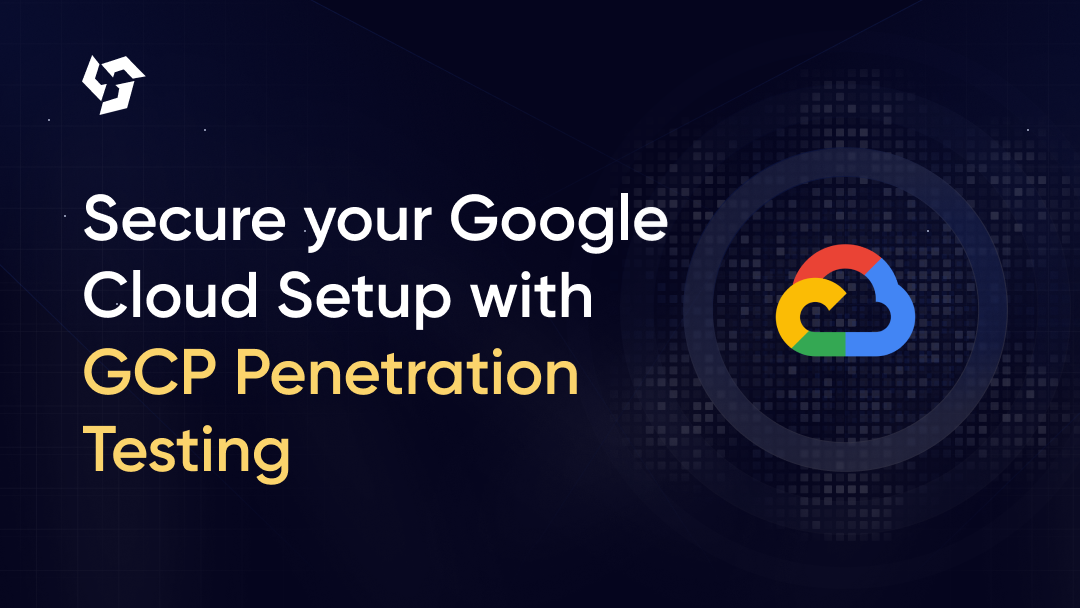
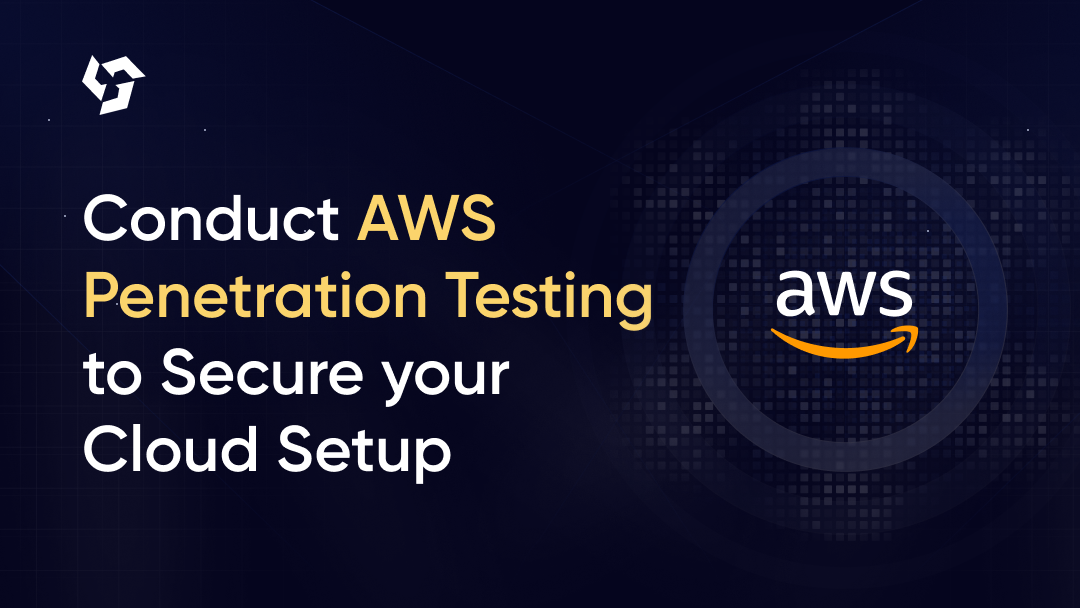
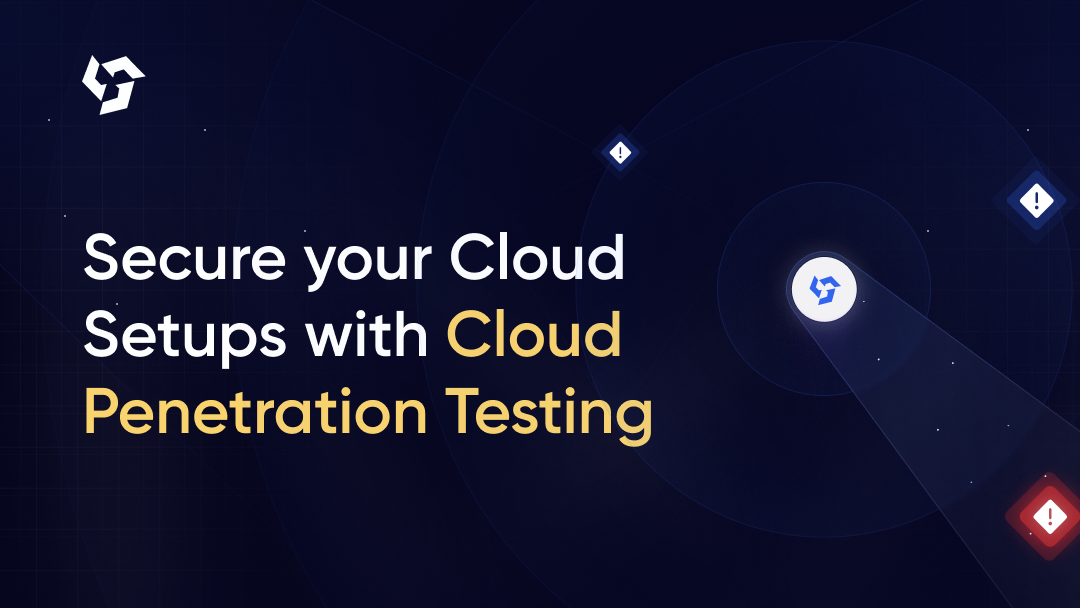
.png)
.png)
.png)
.png)
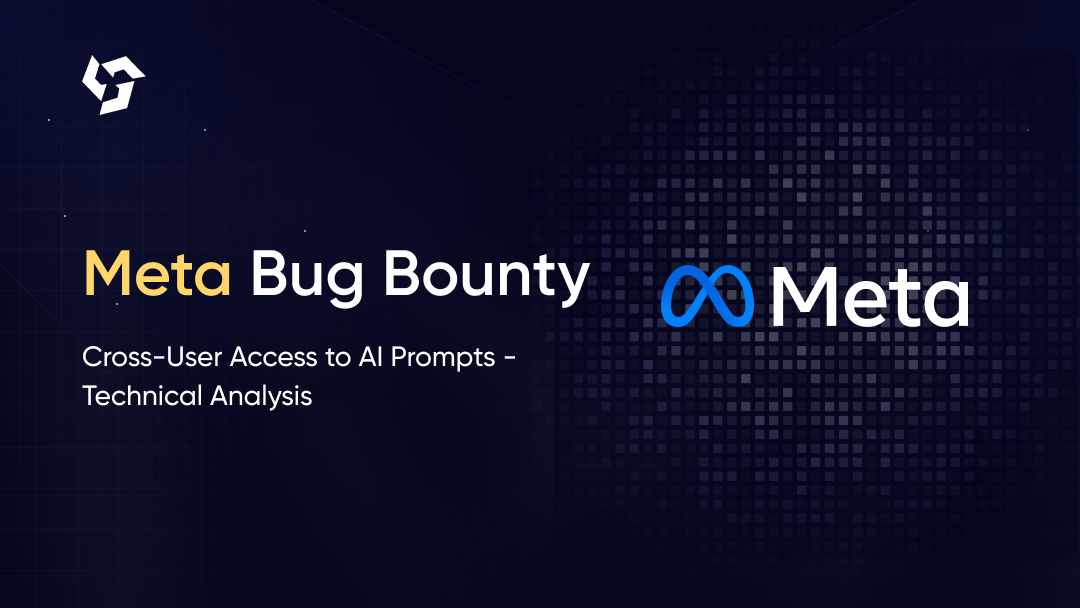
.png)
.png)
.png)

.png)
.png)
.png)
.png)
.png)

.png)





.webp)
